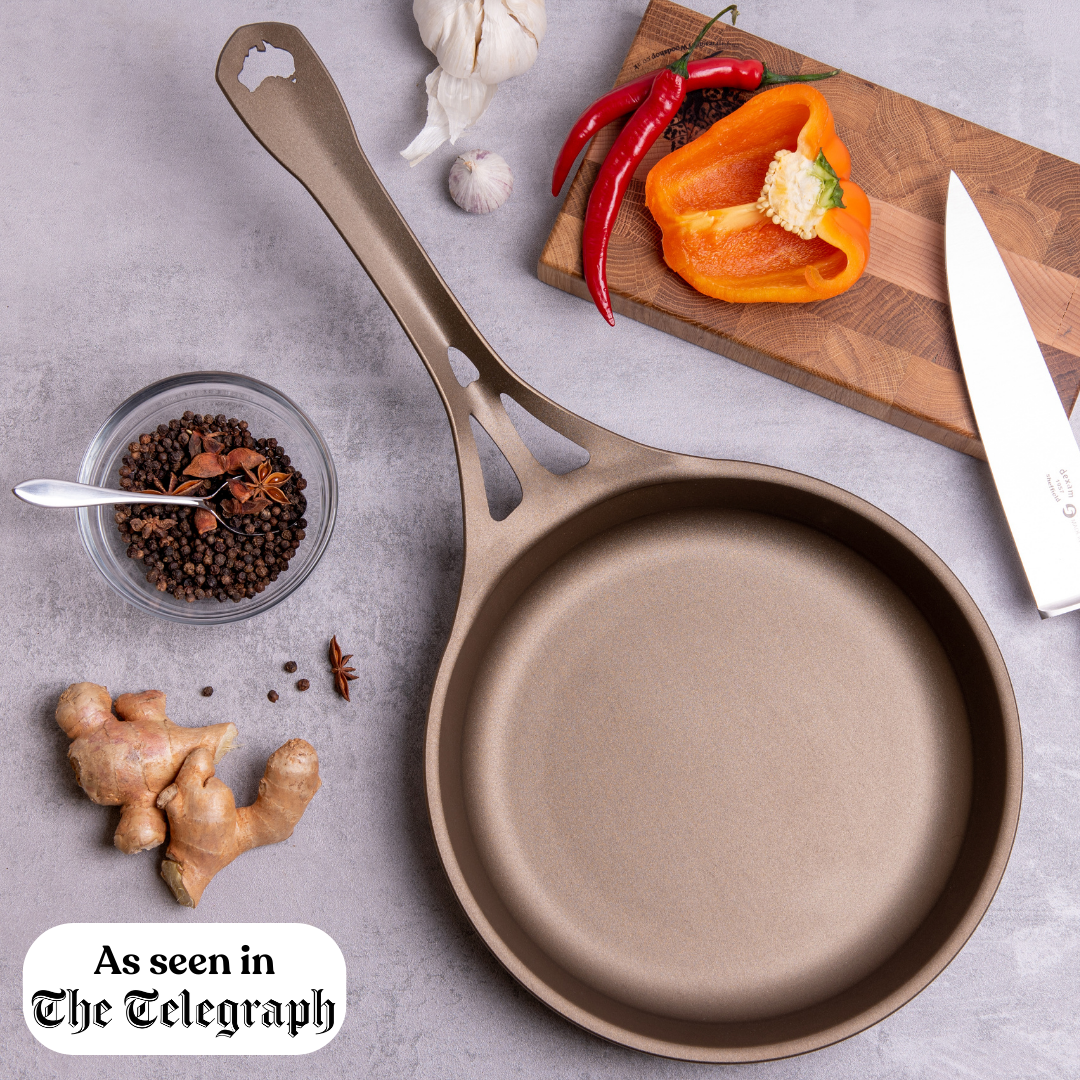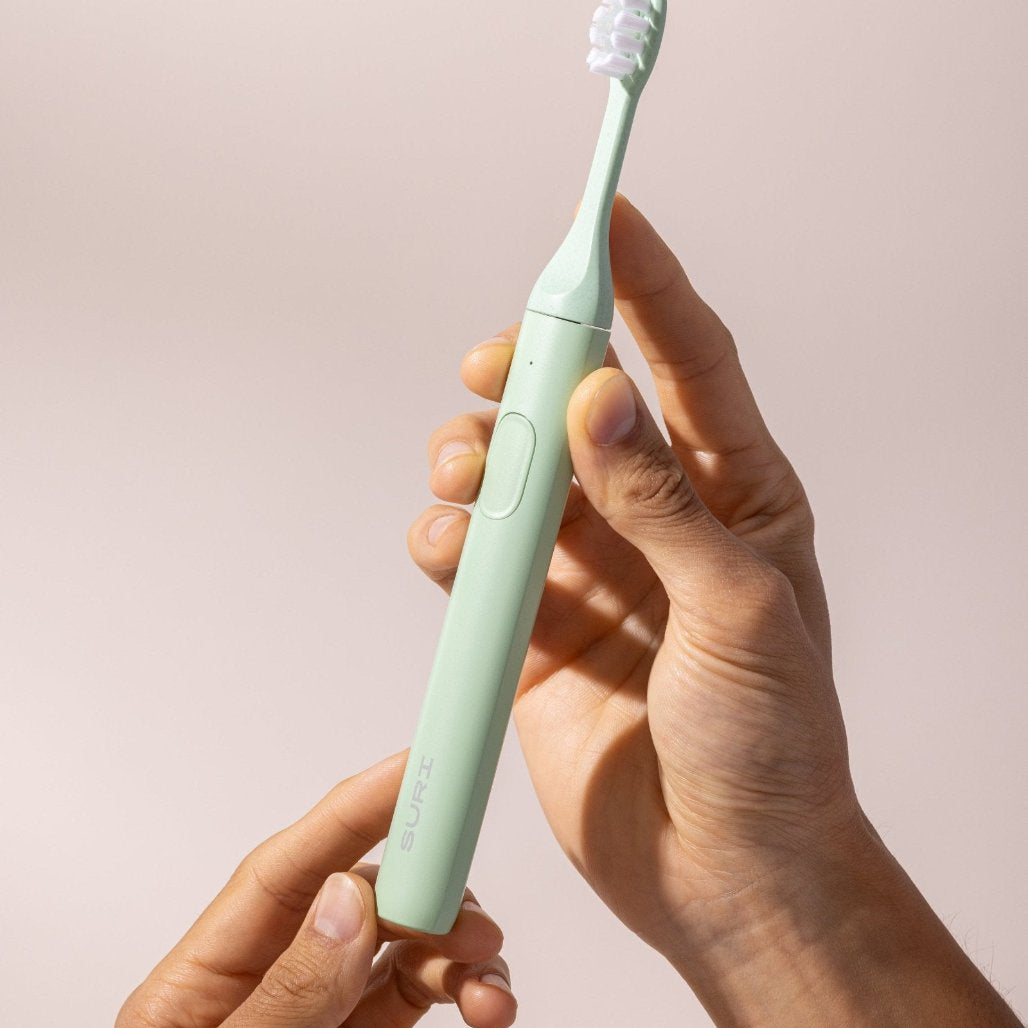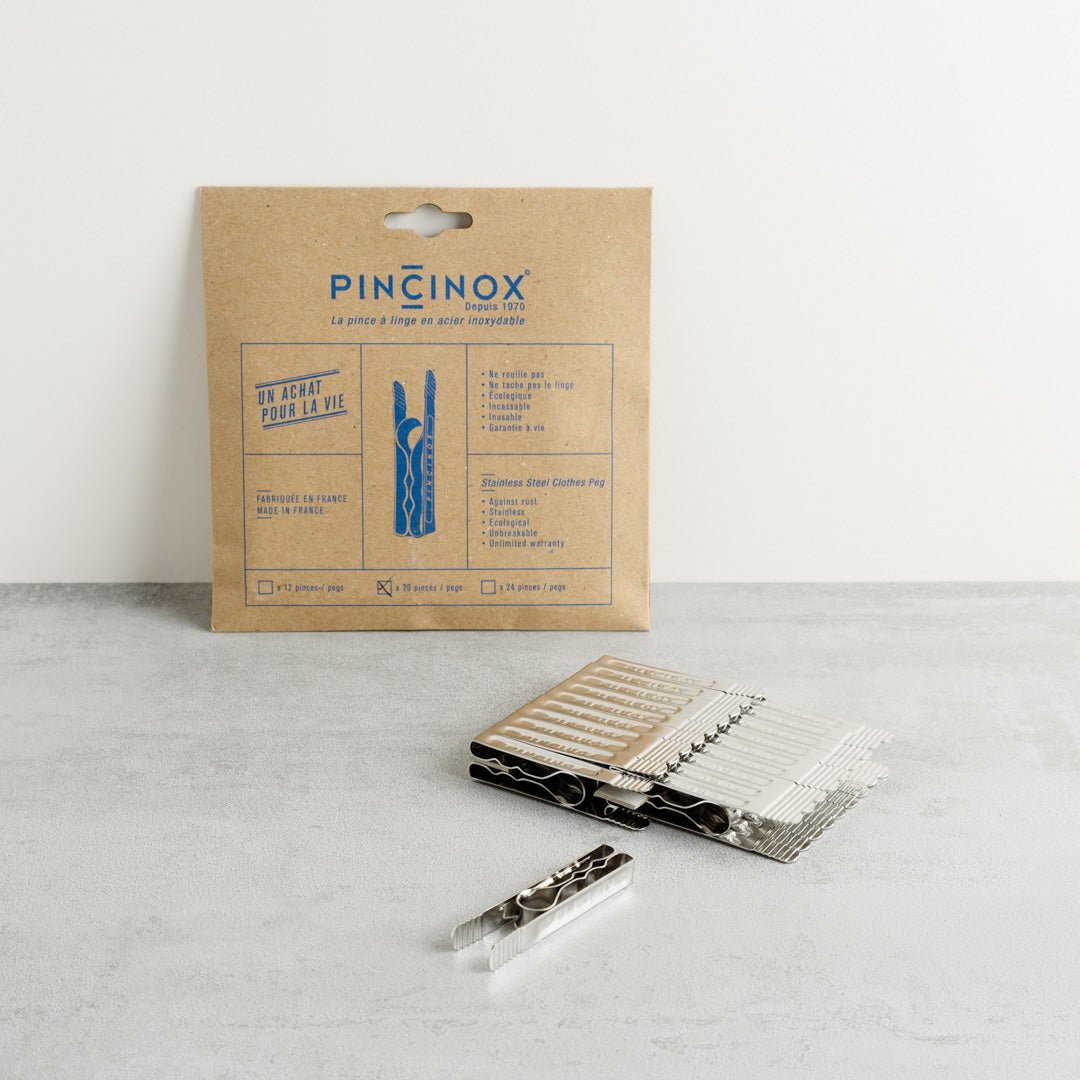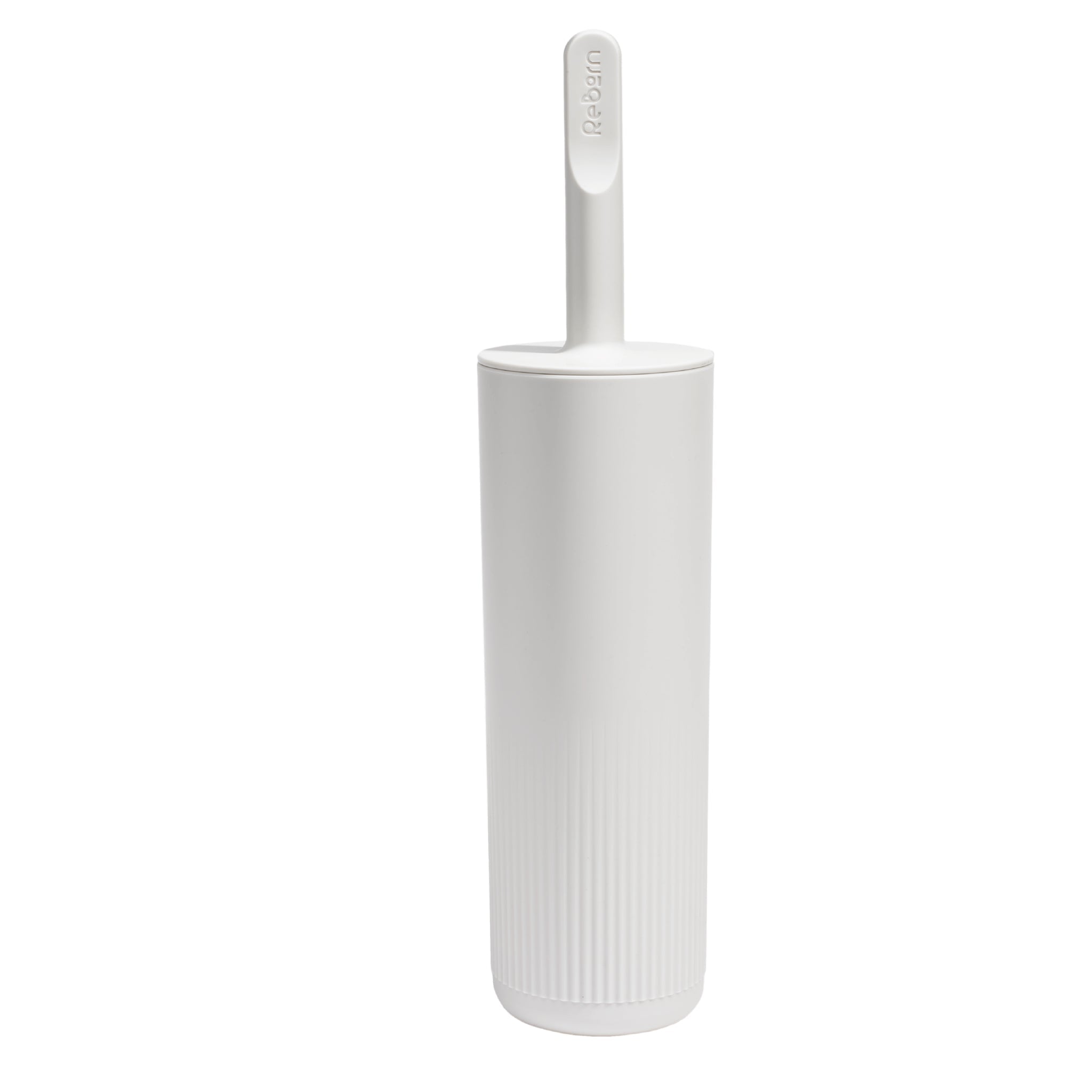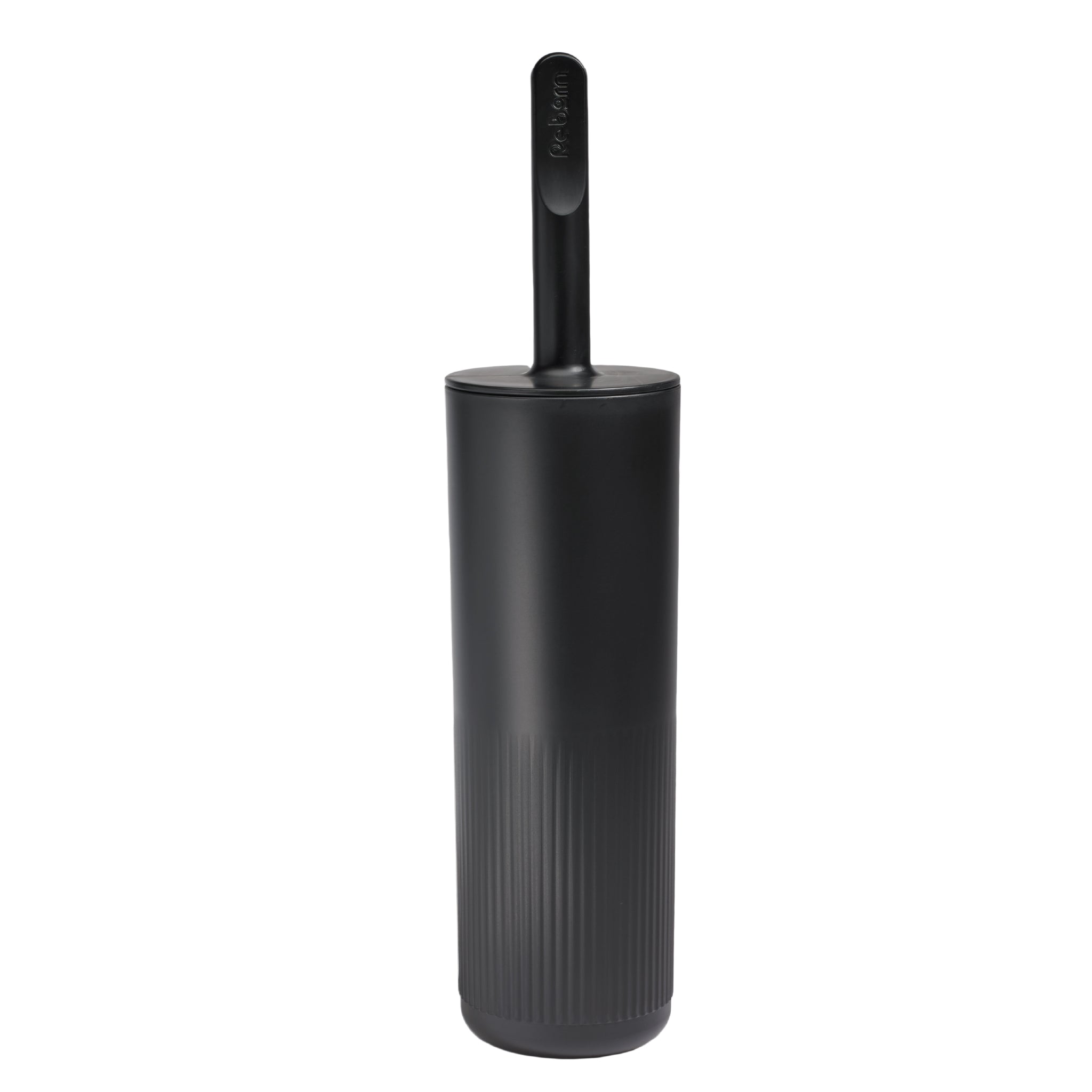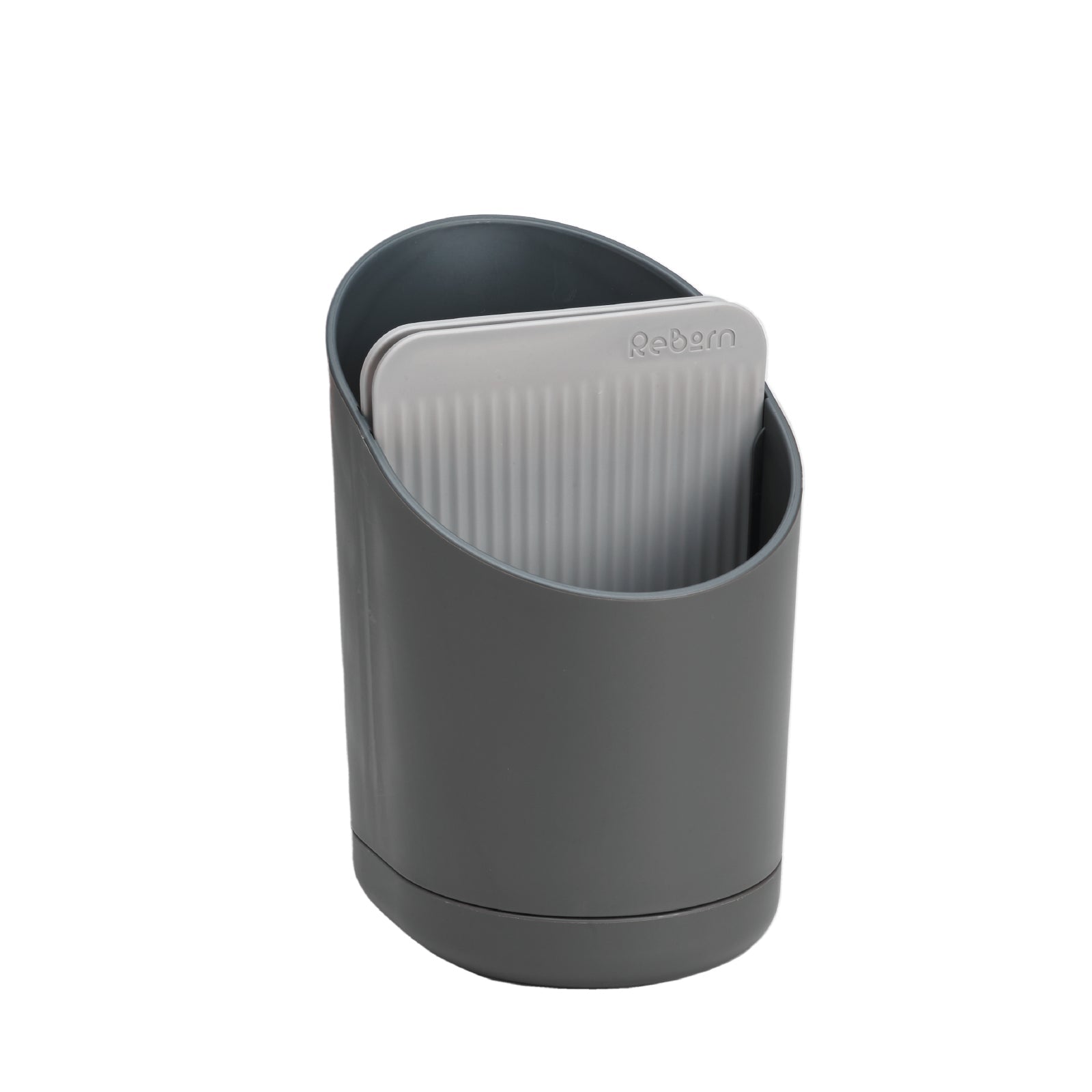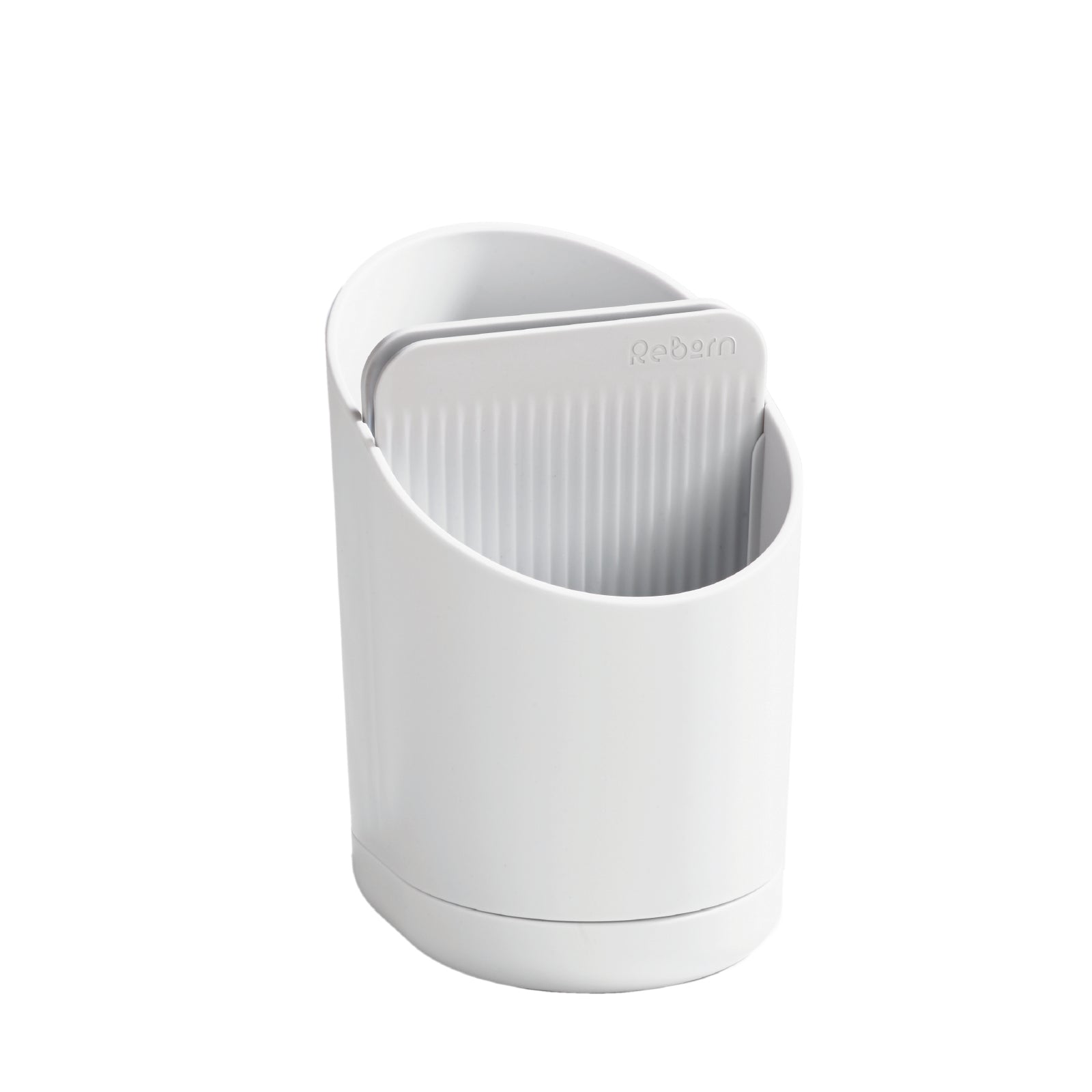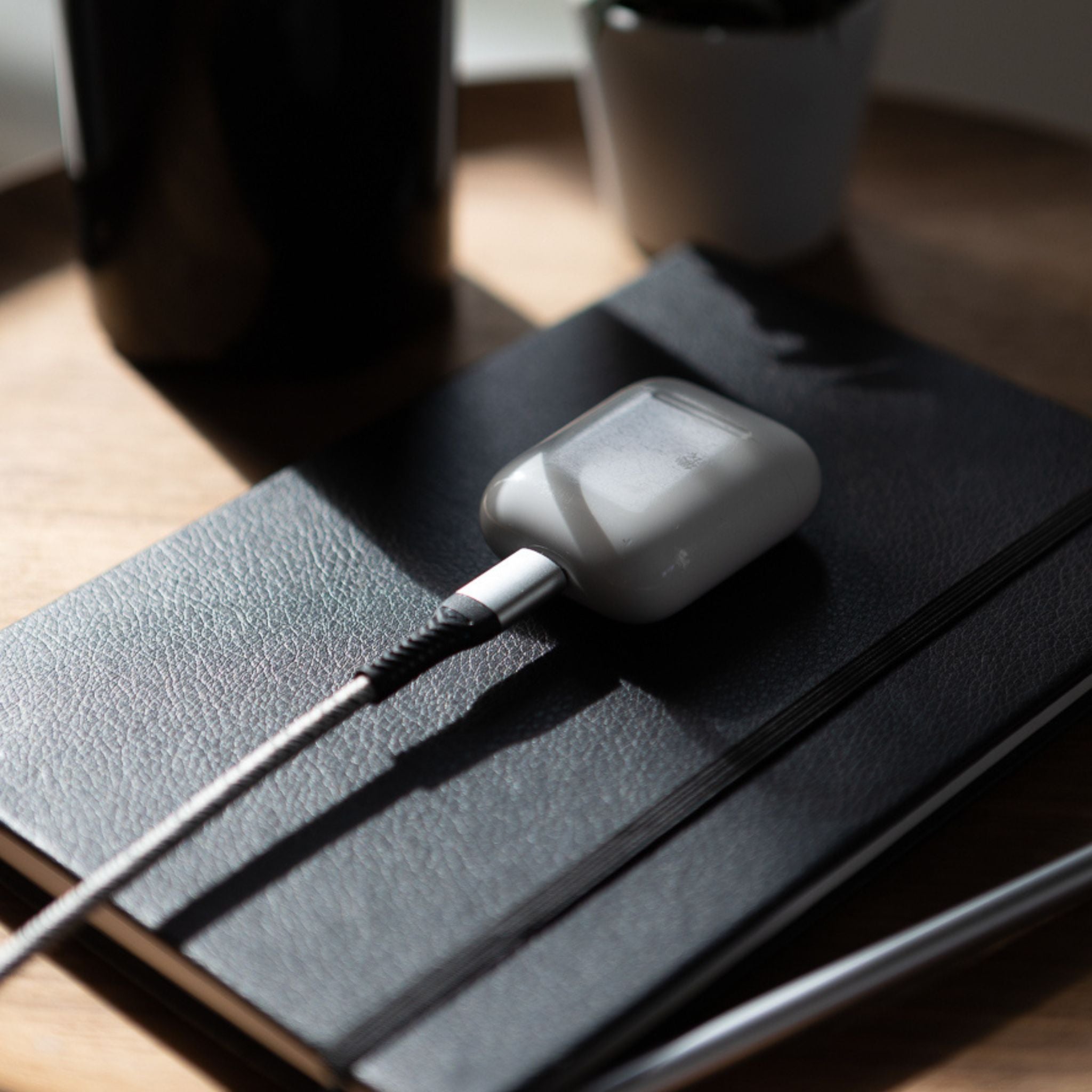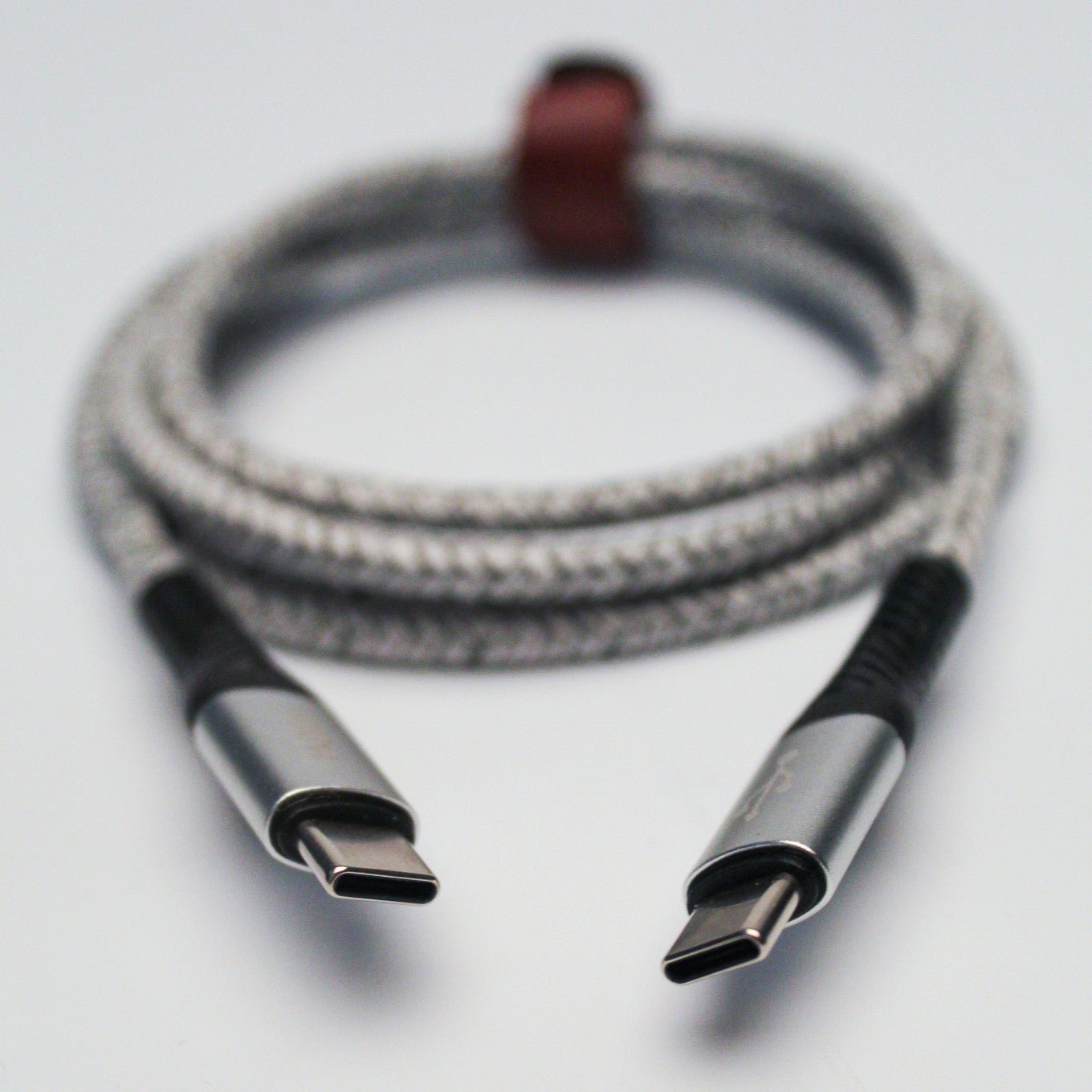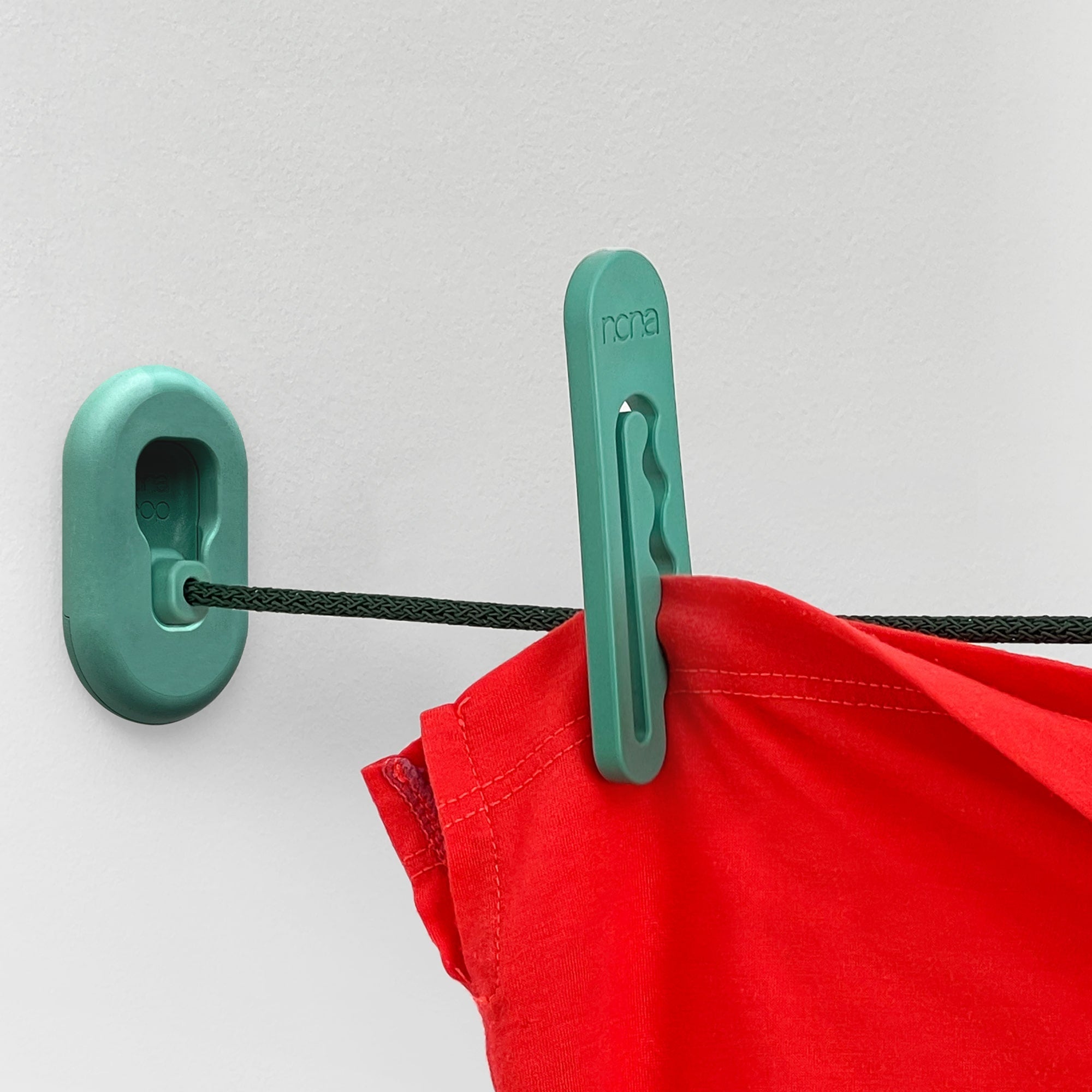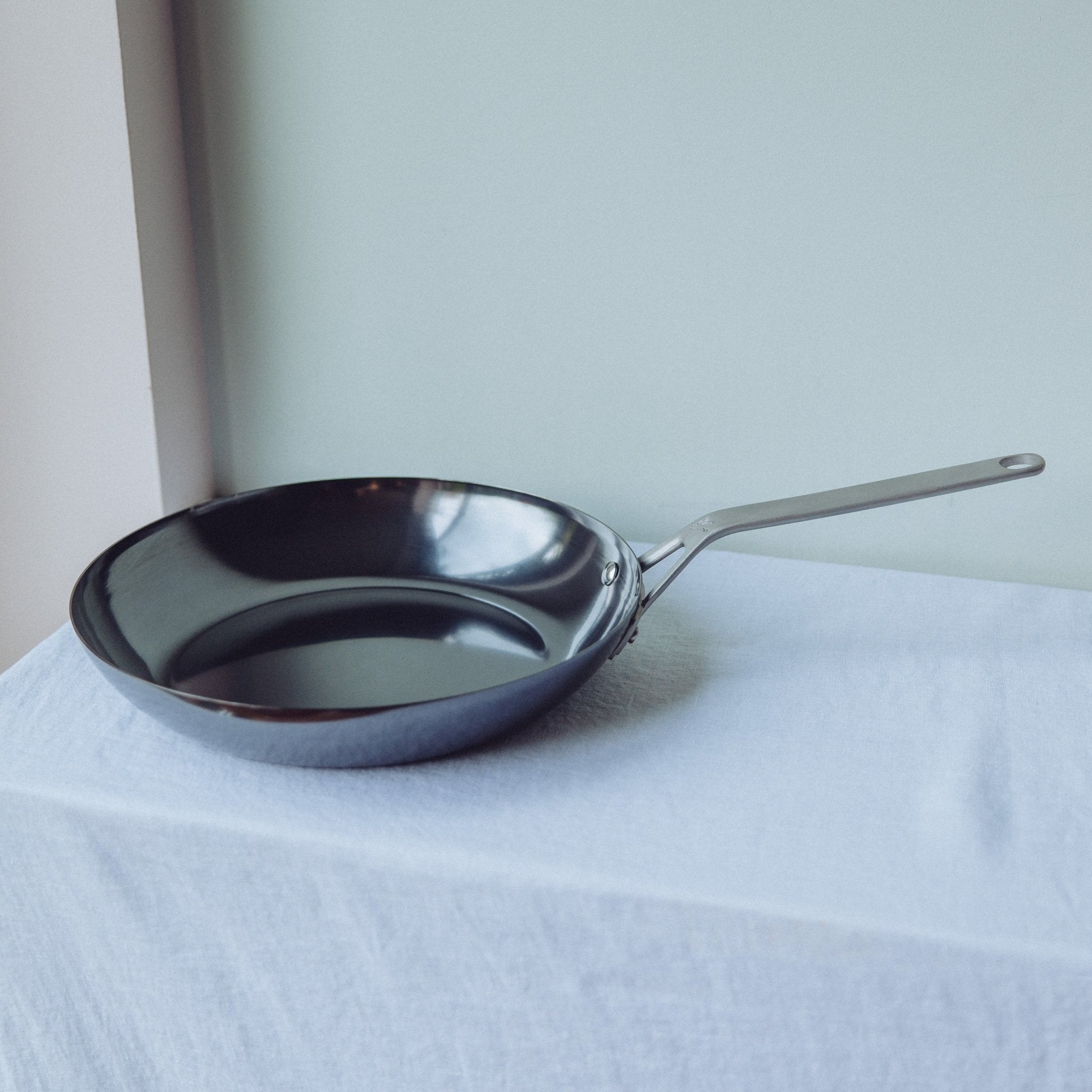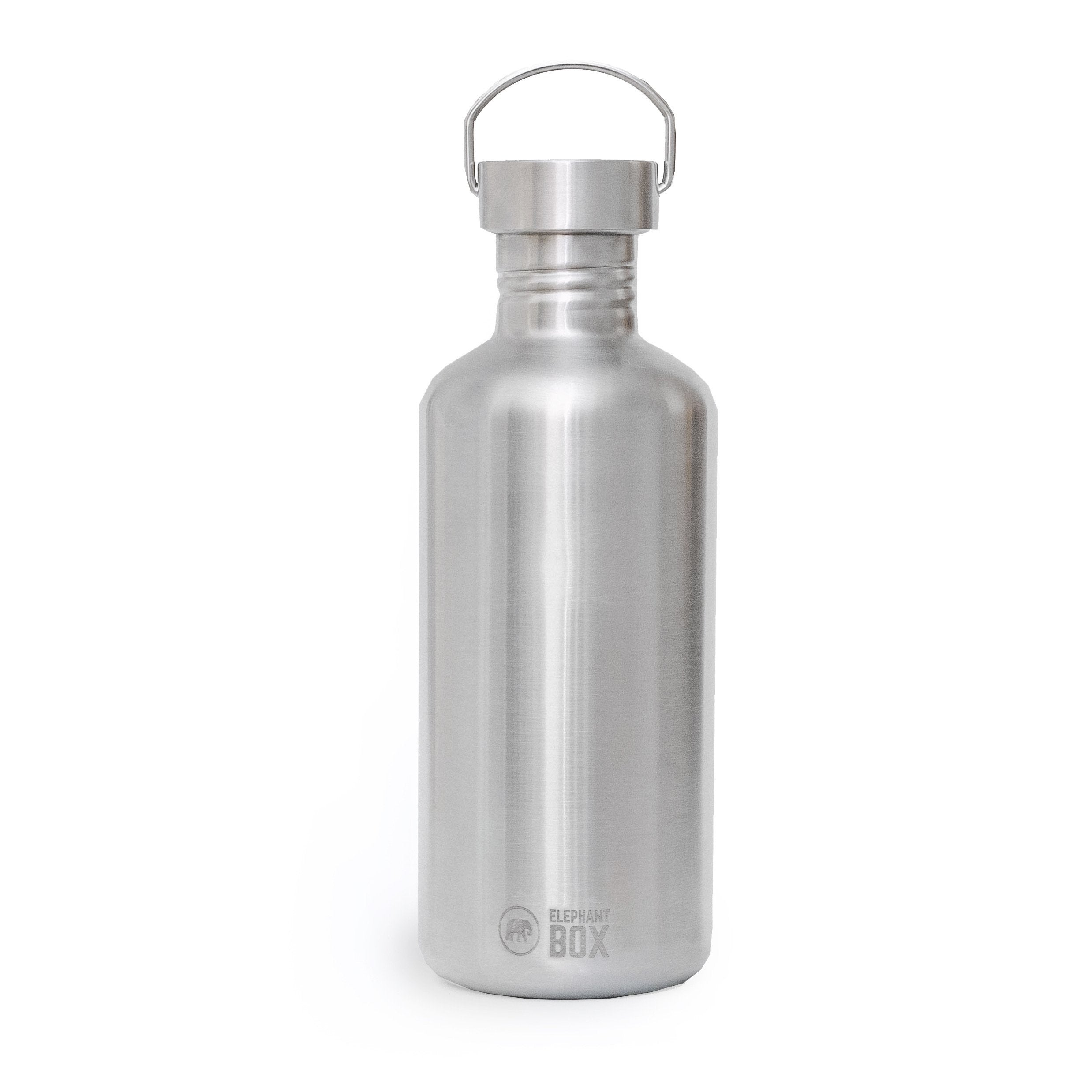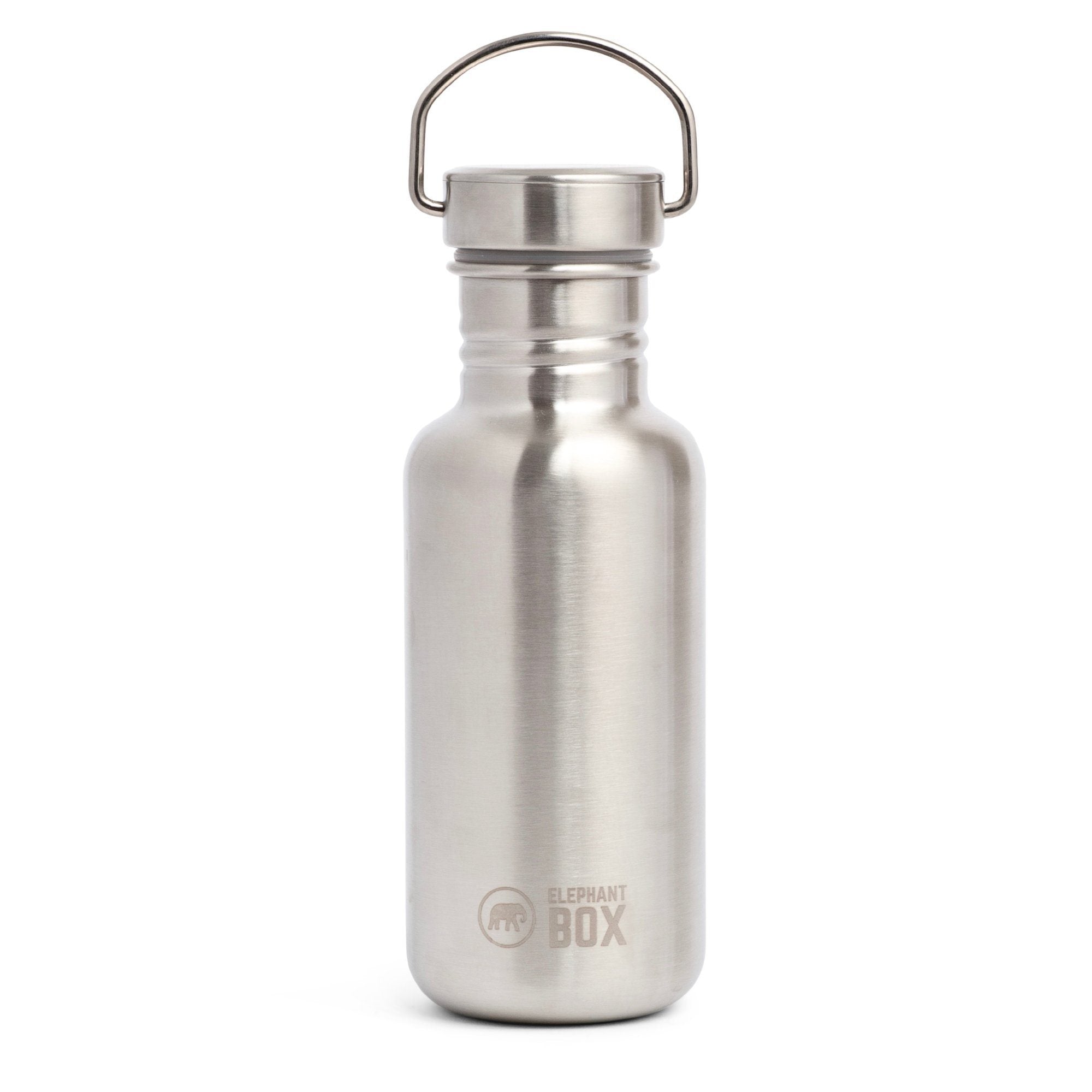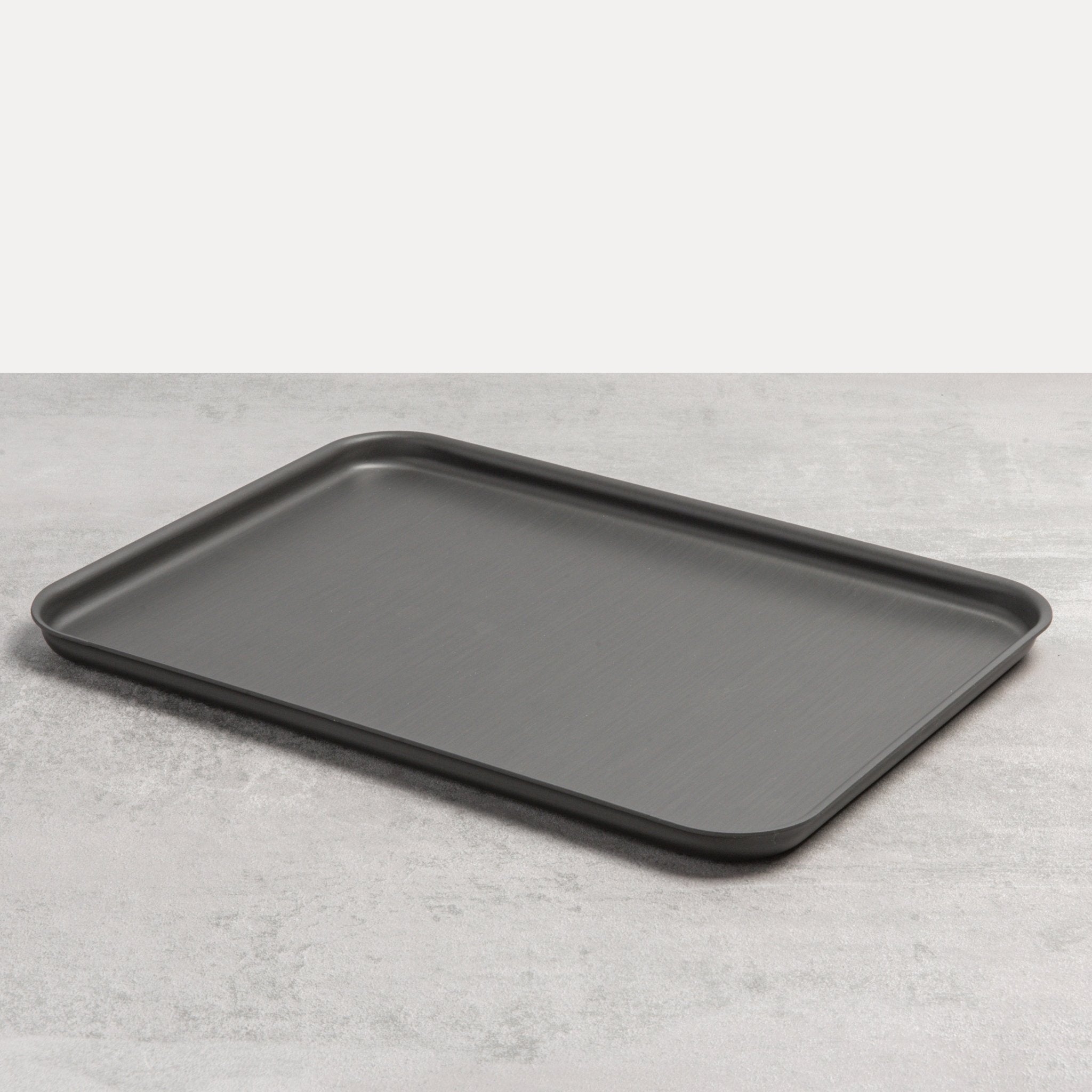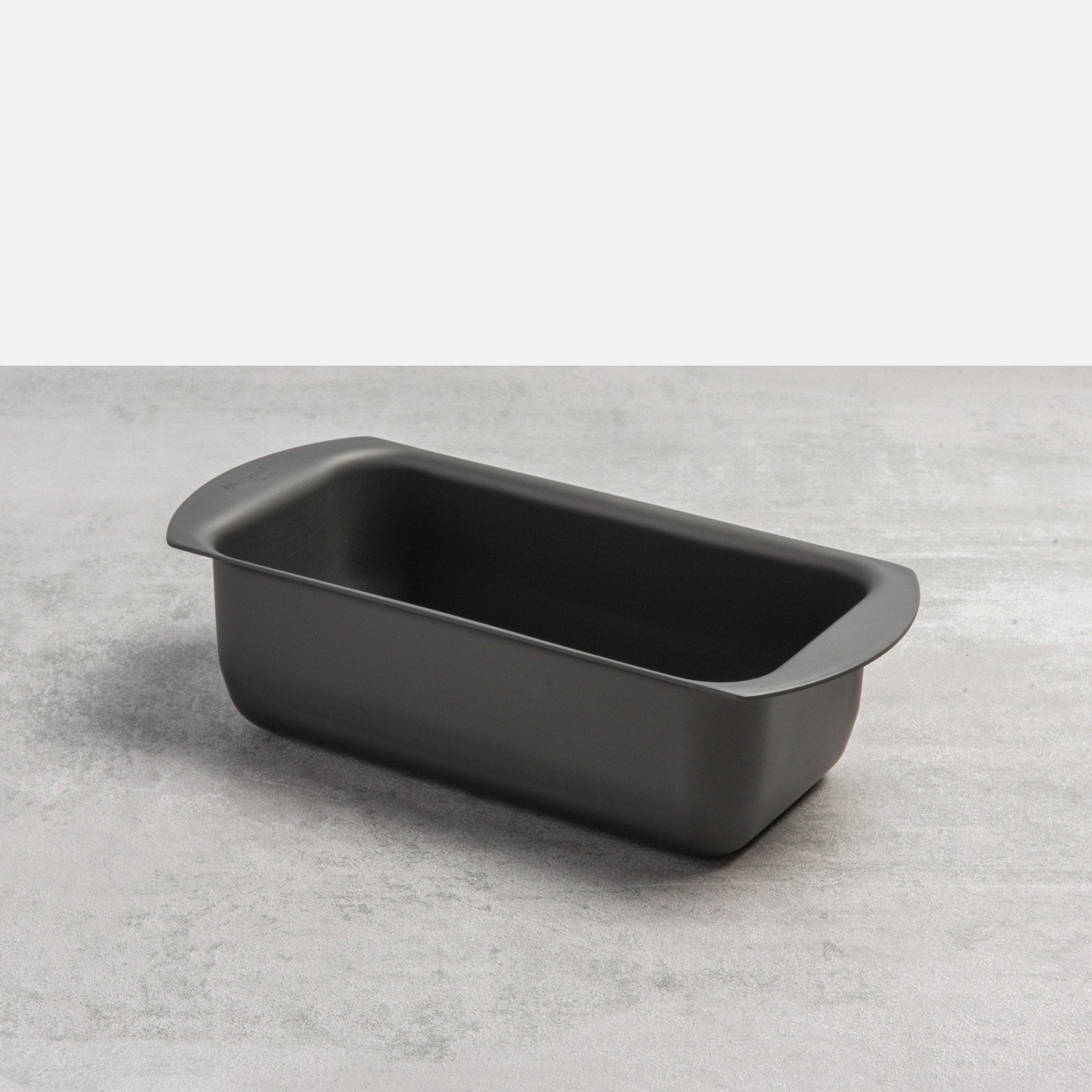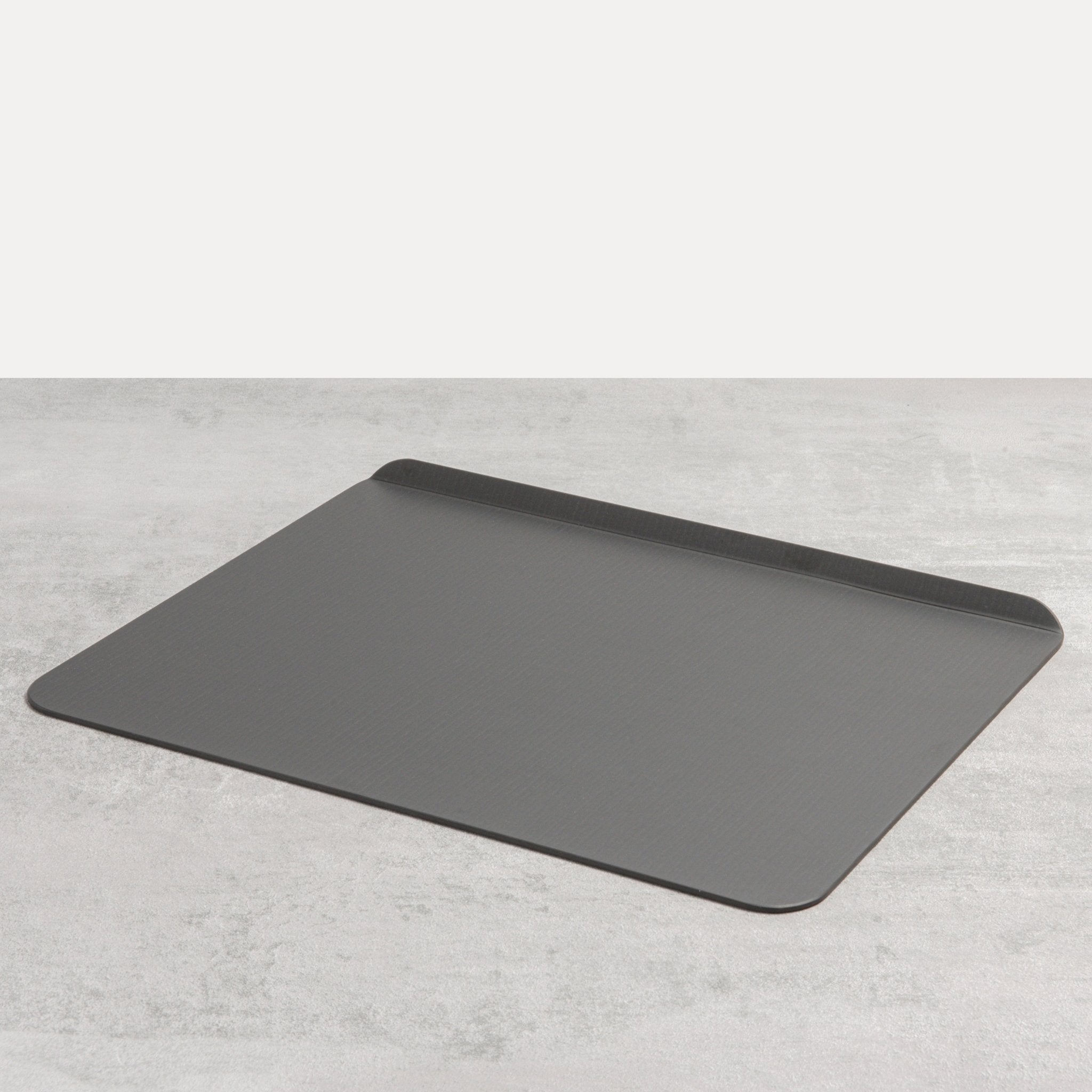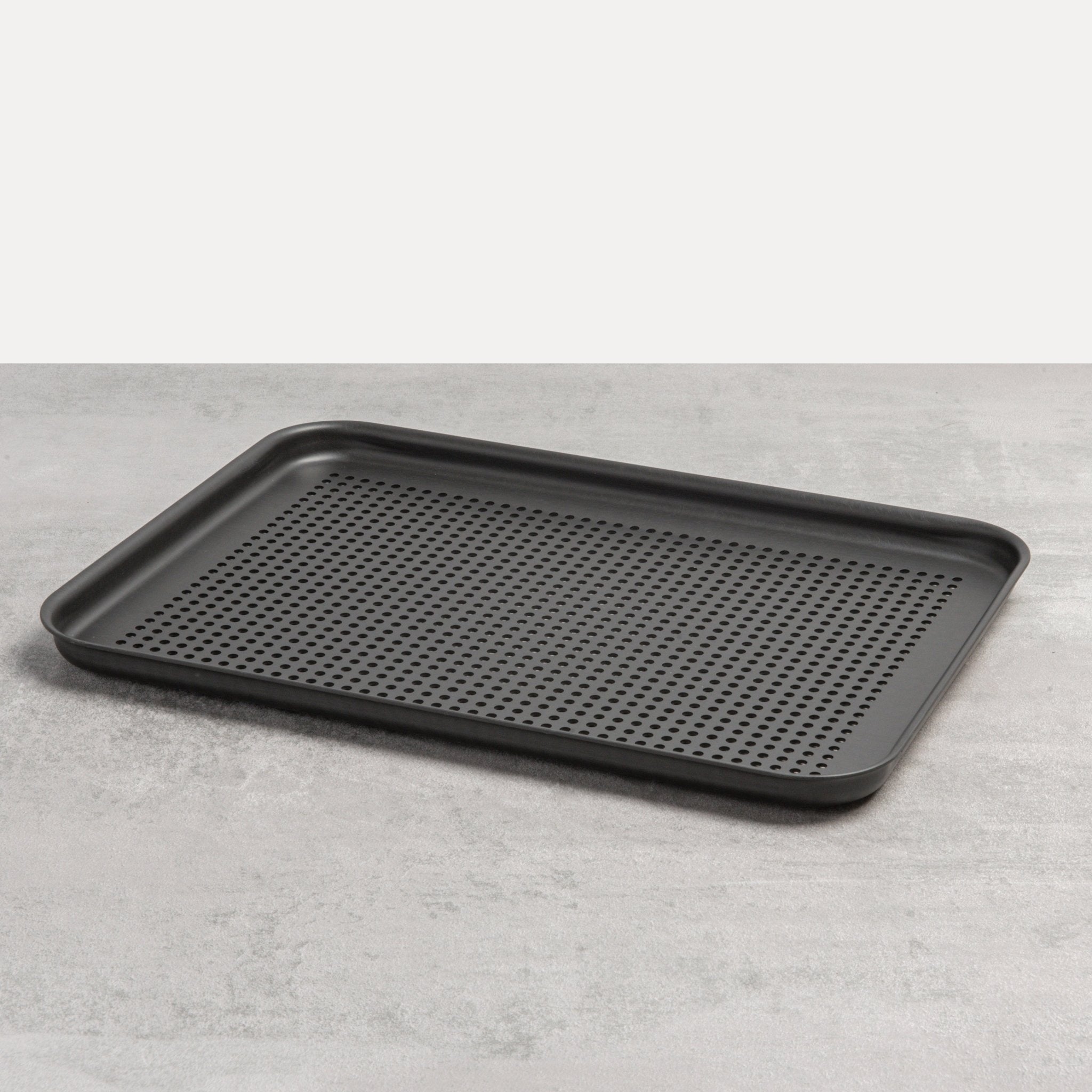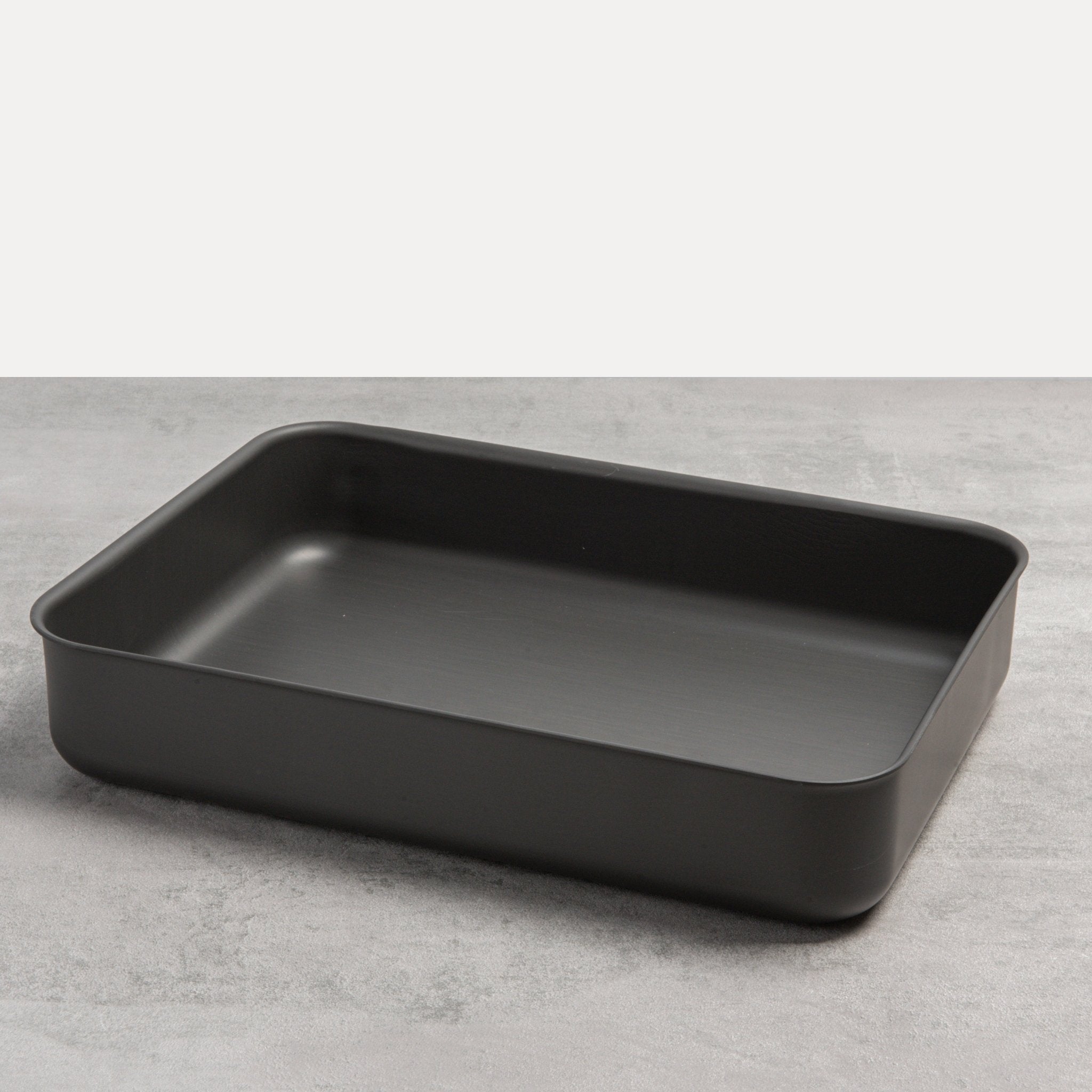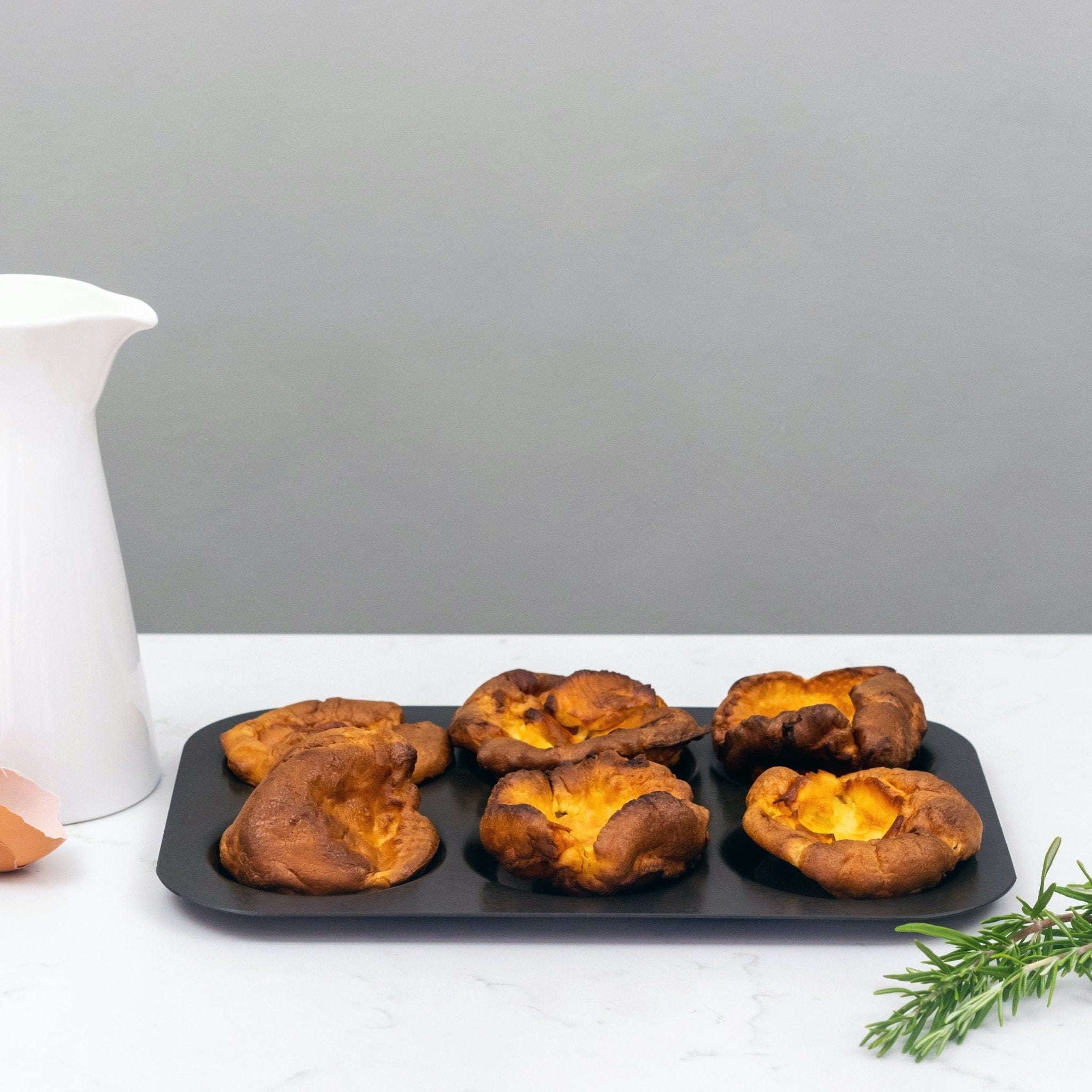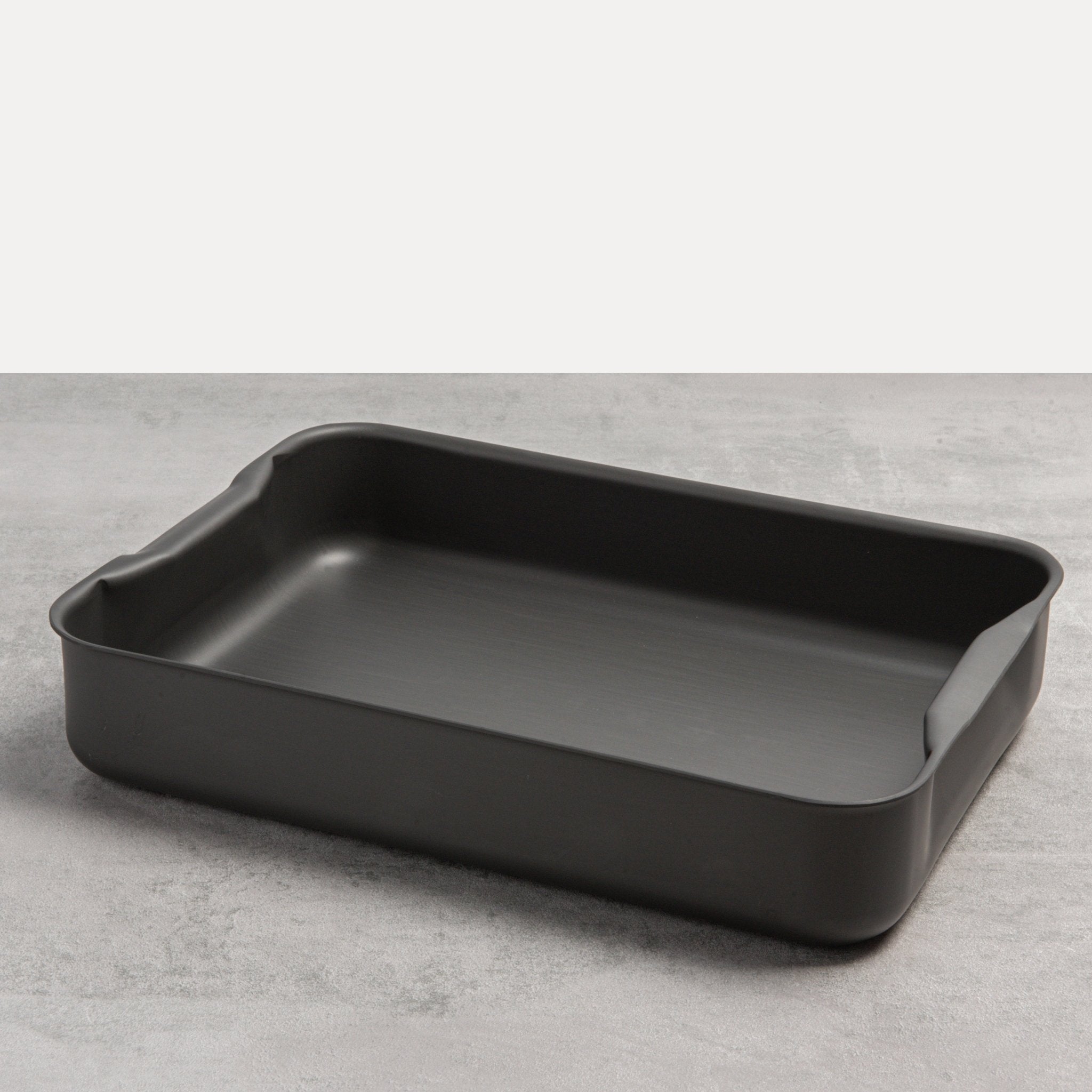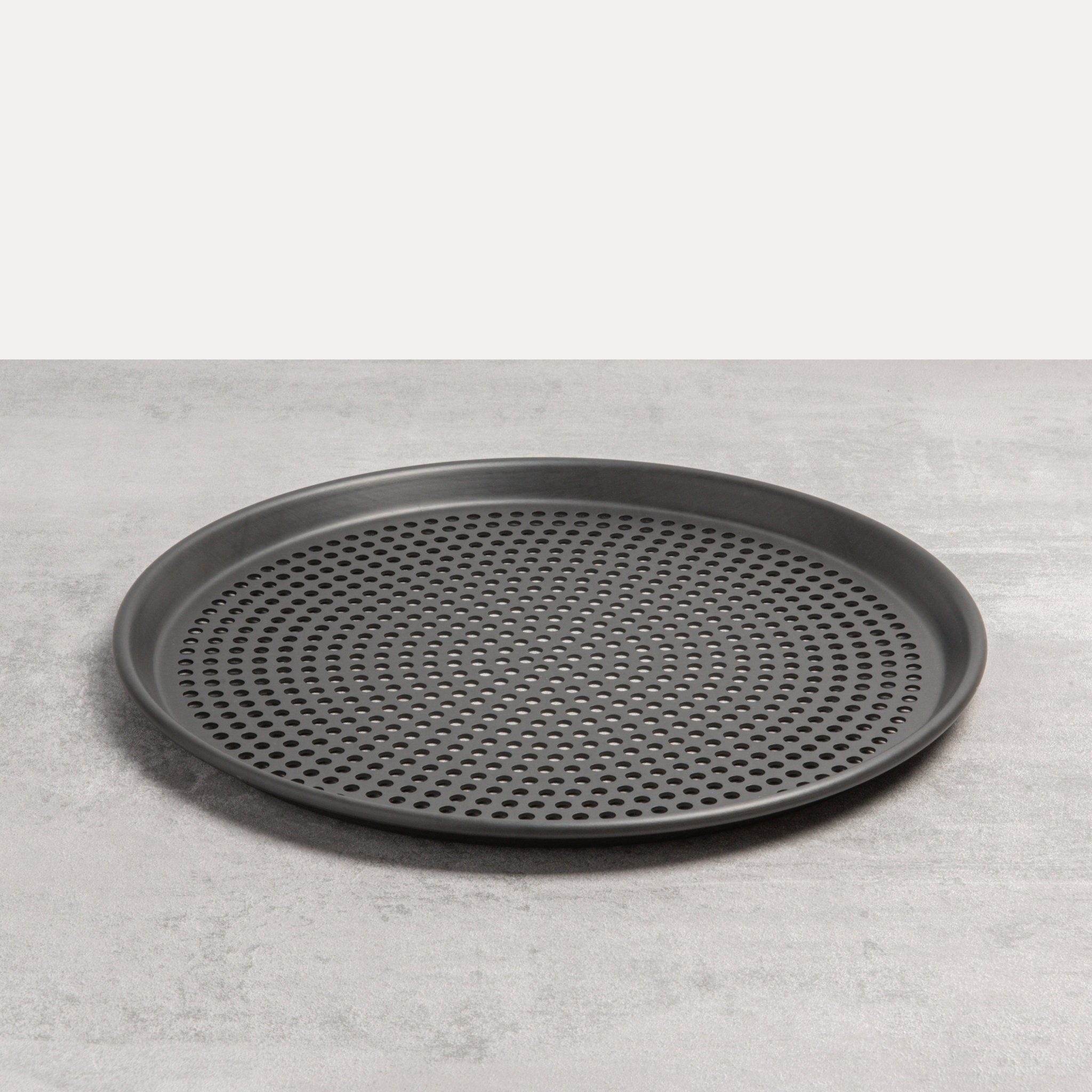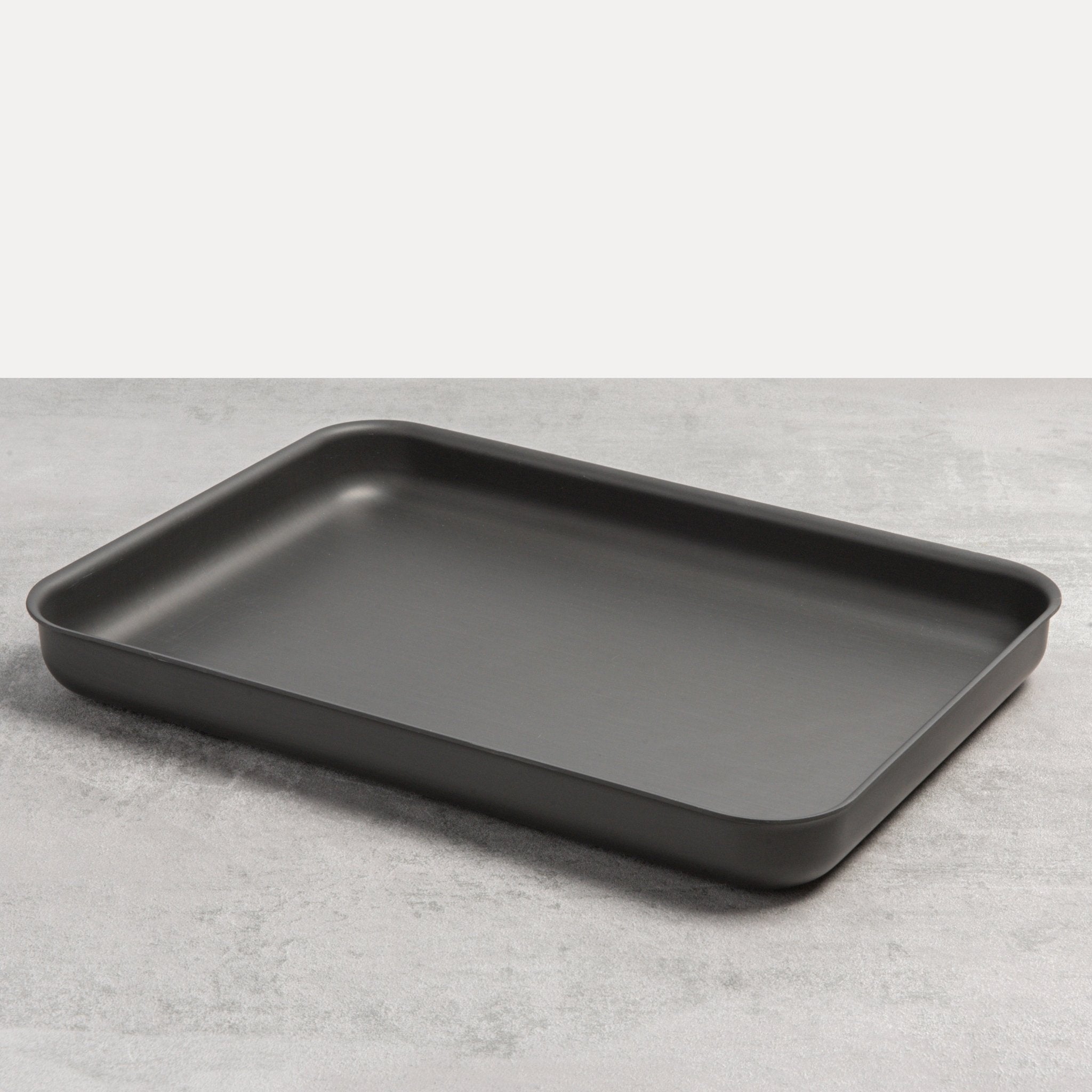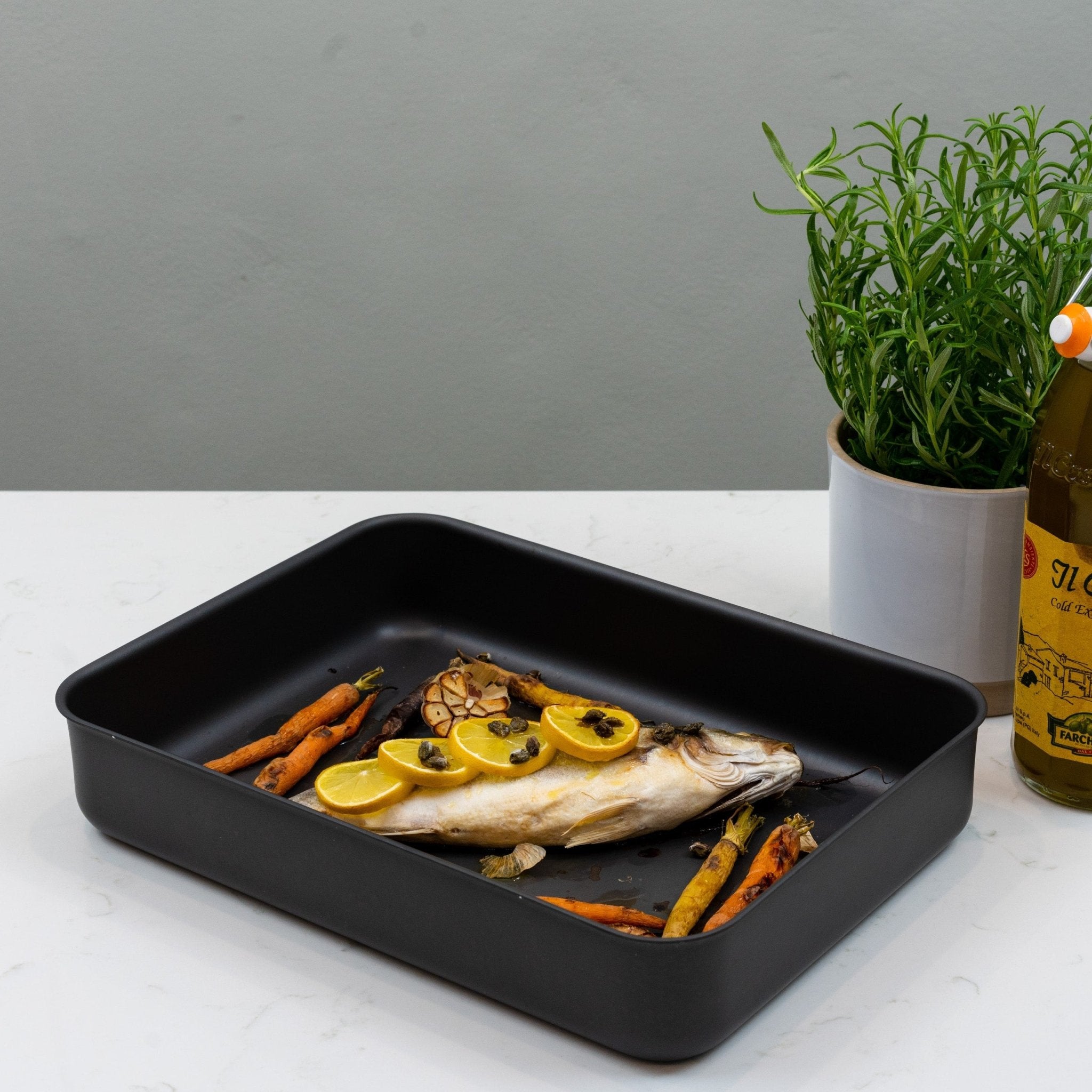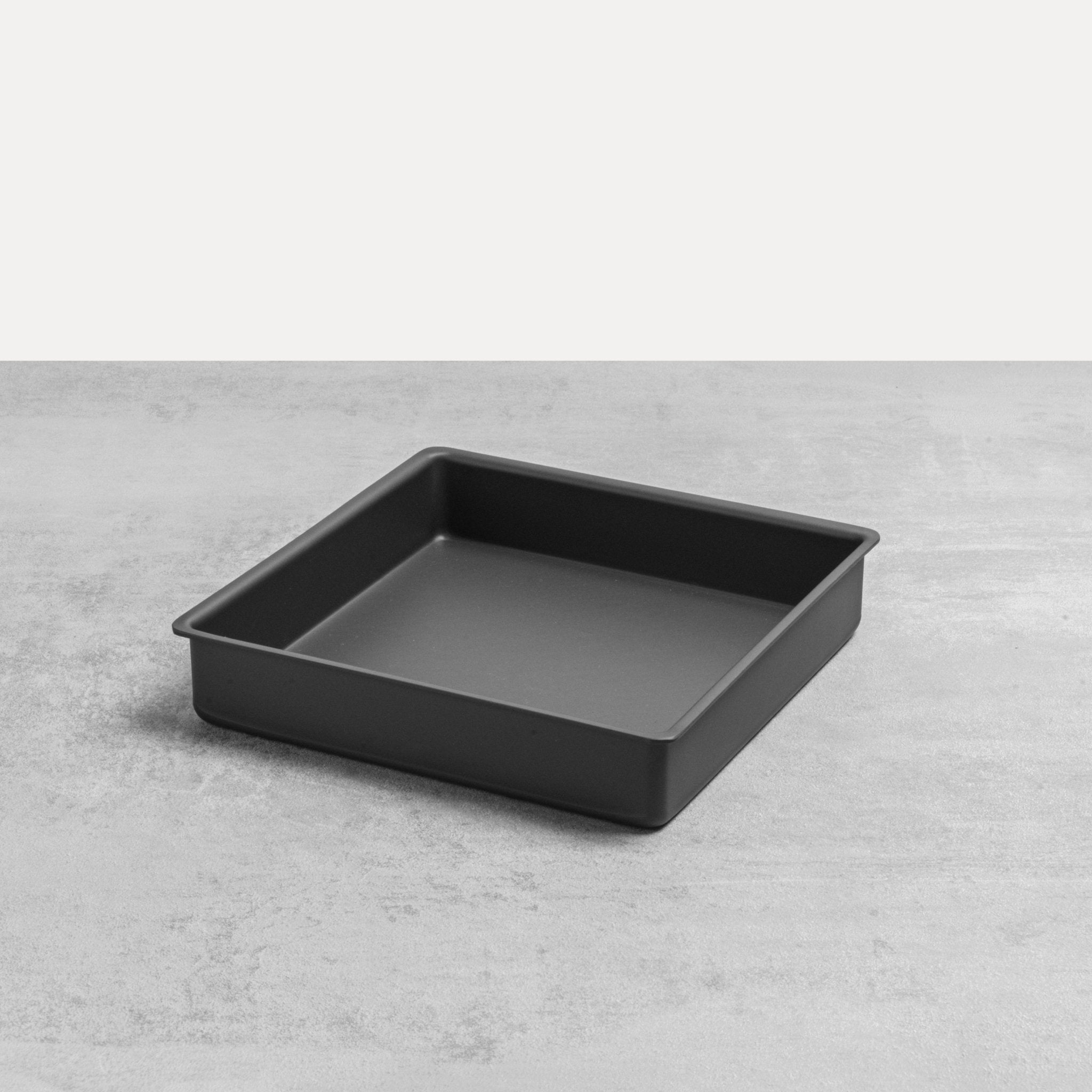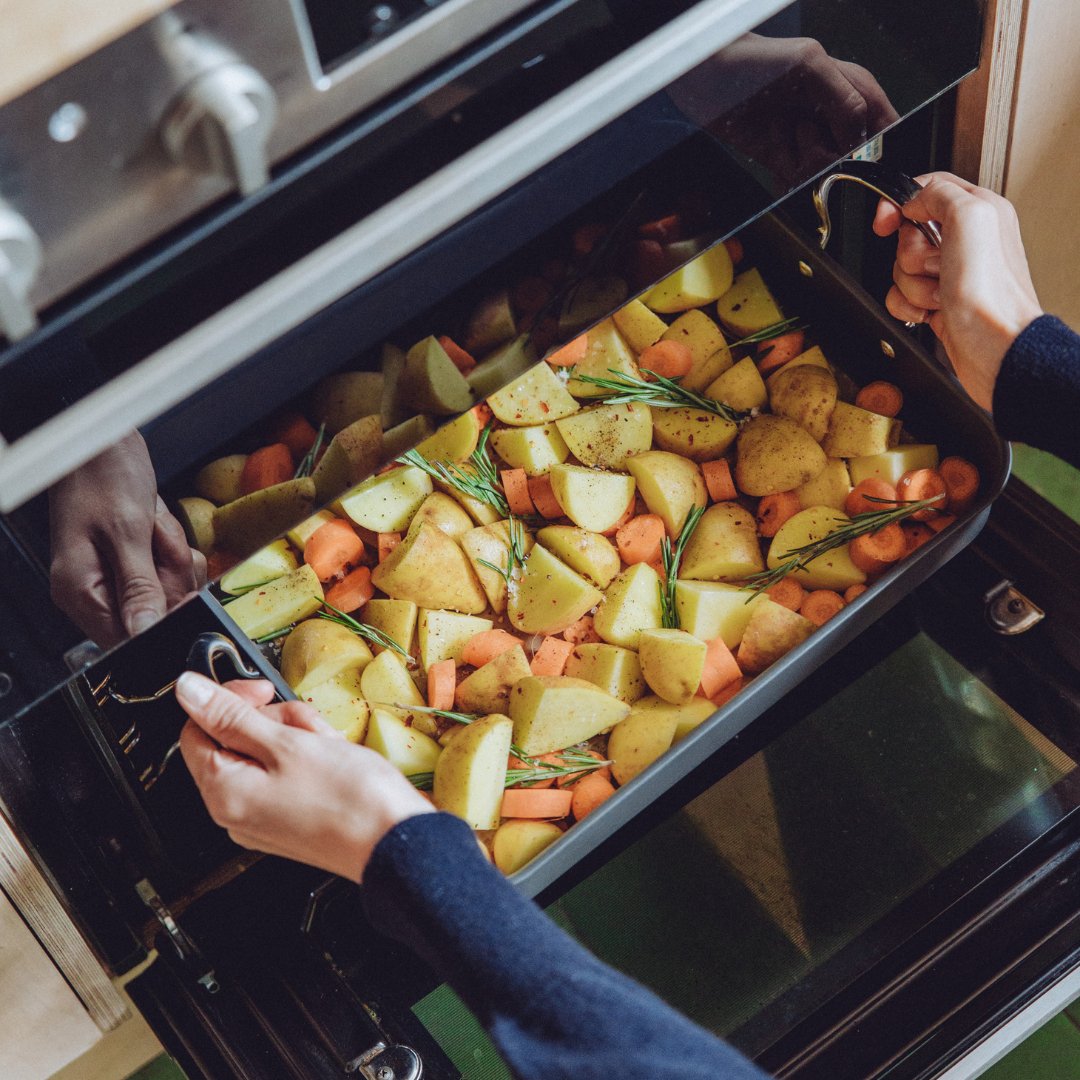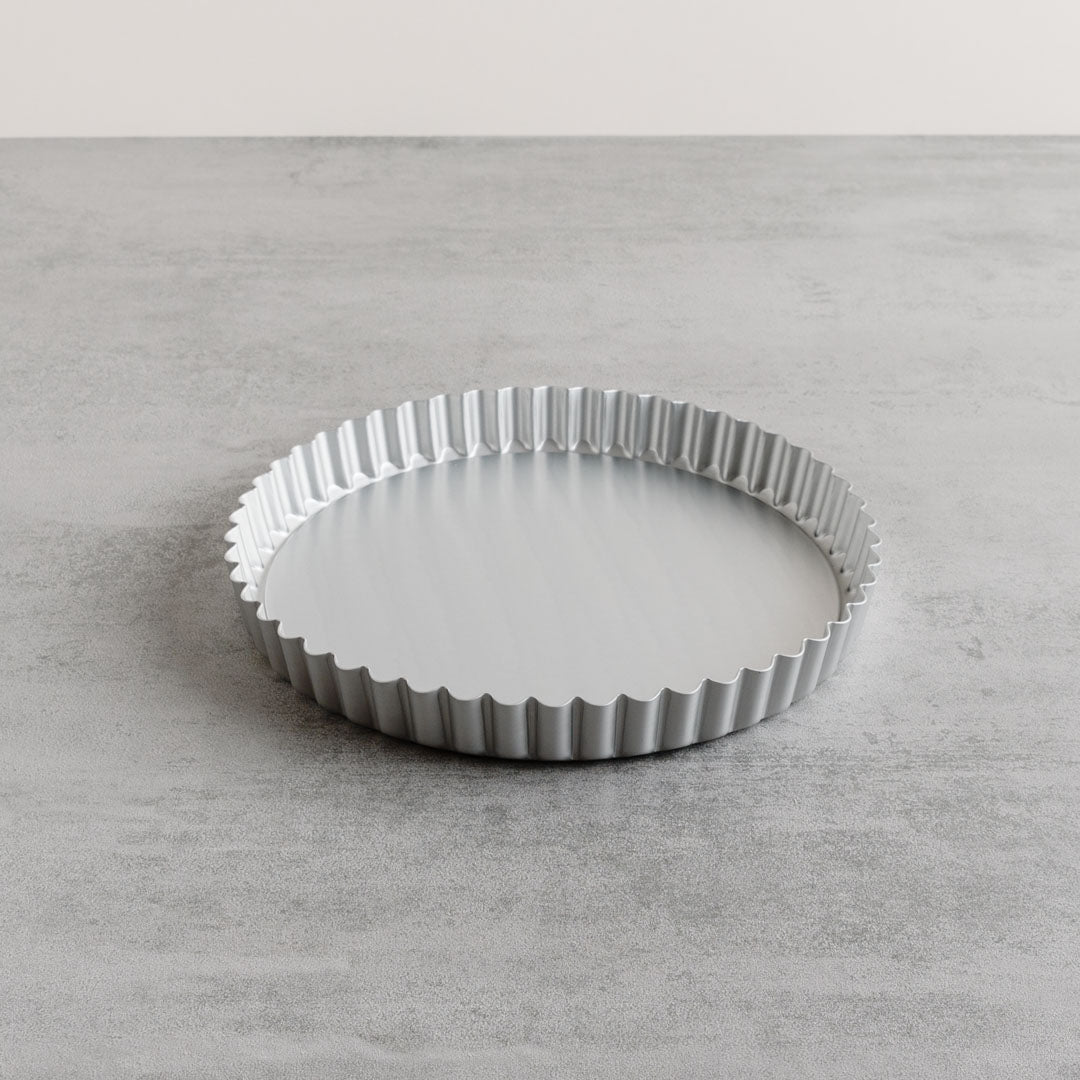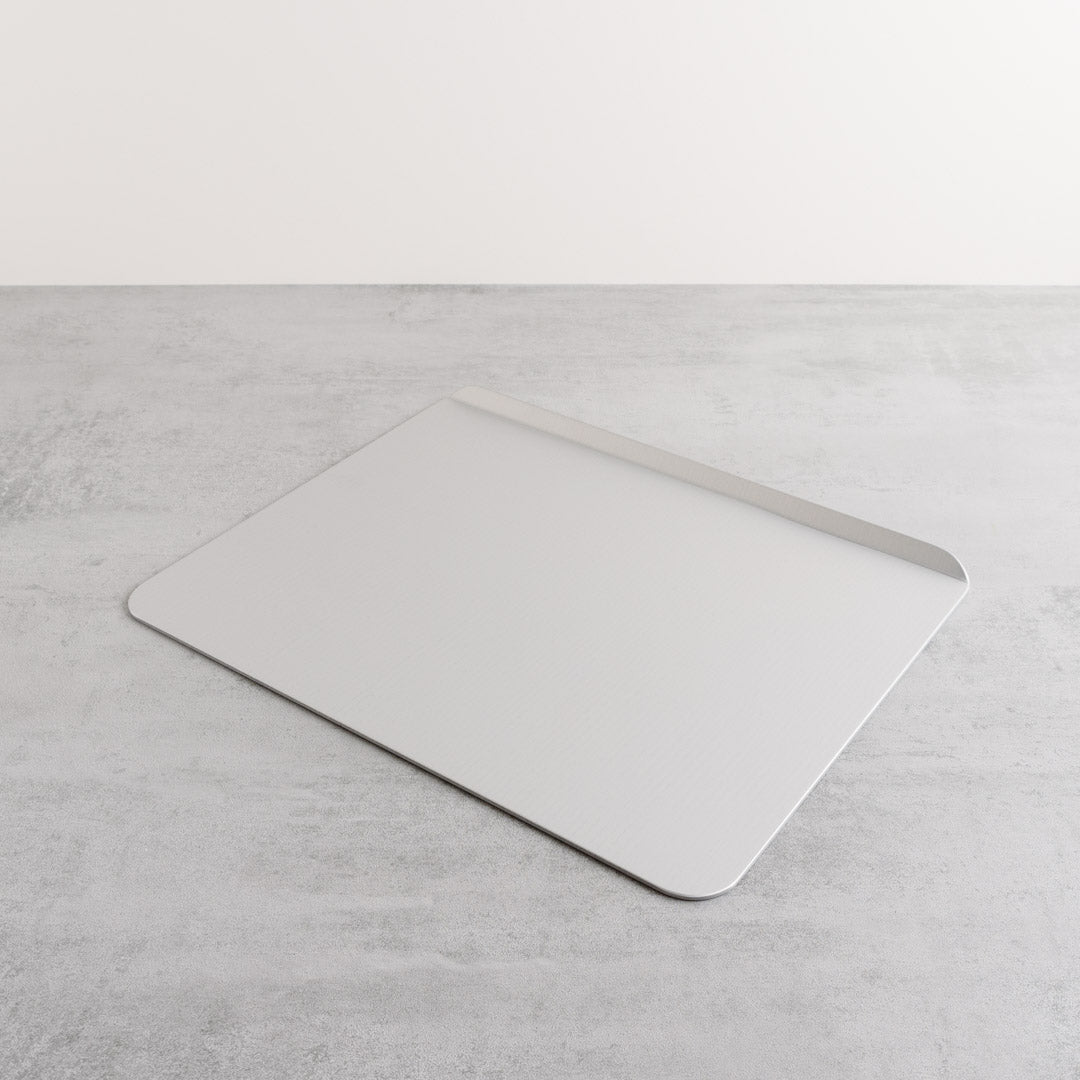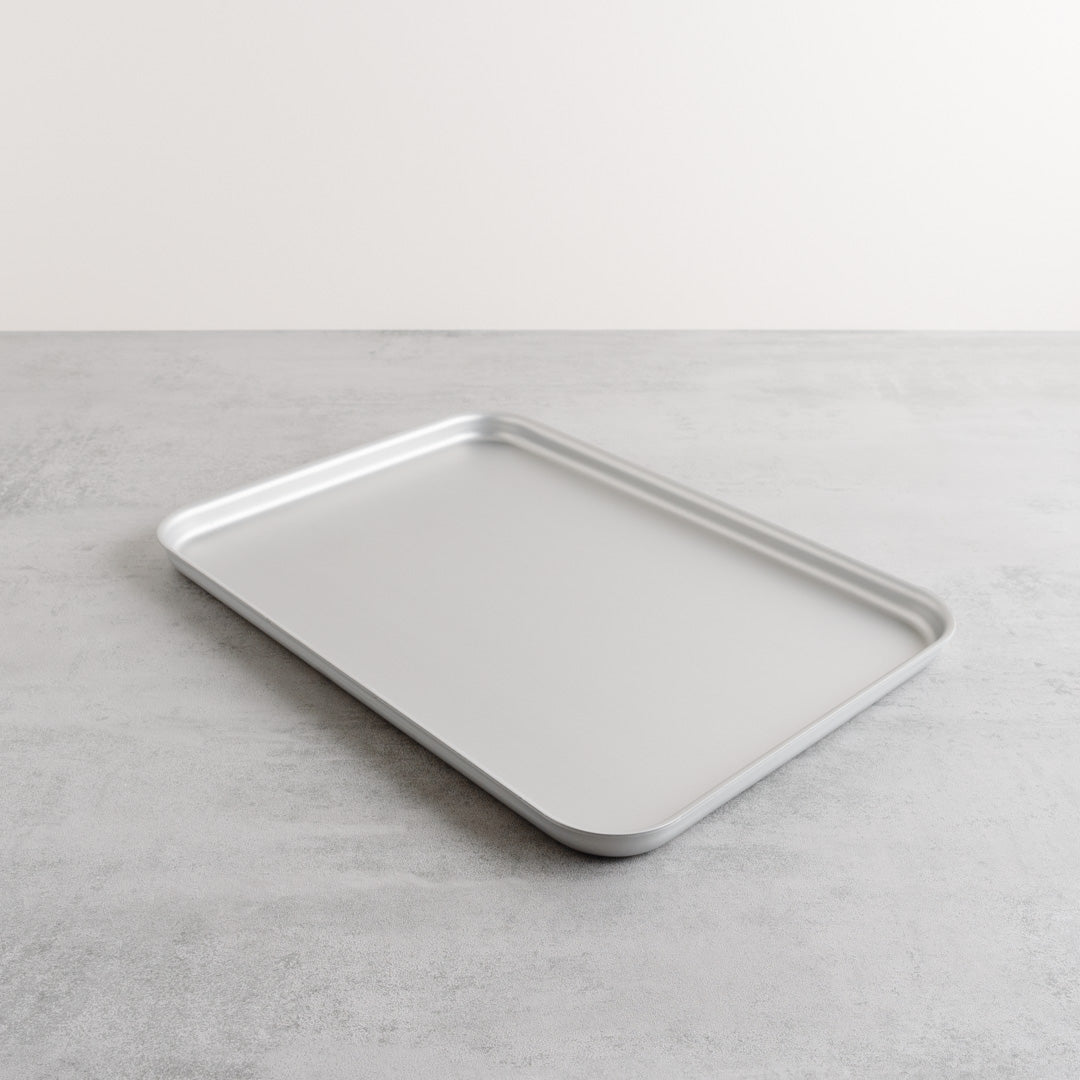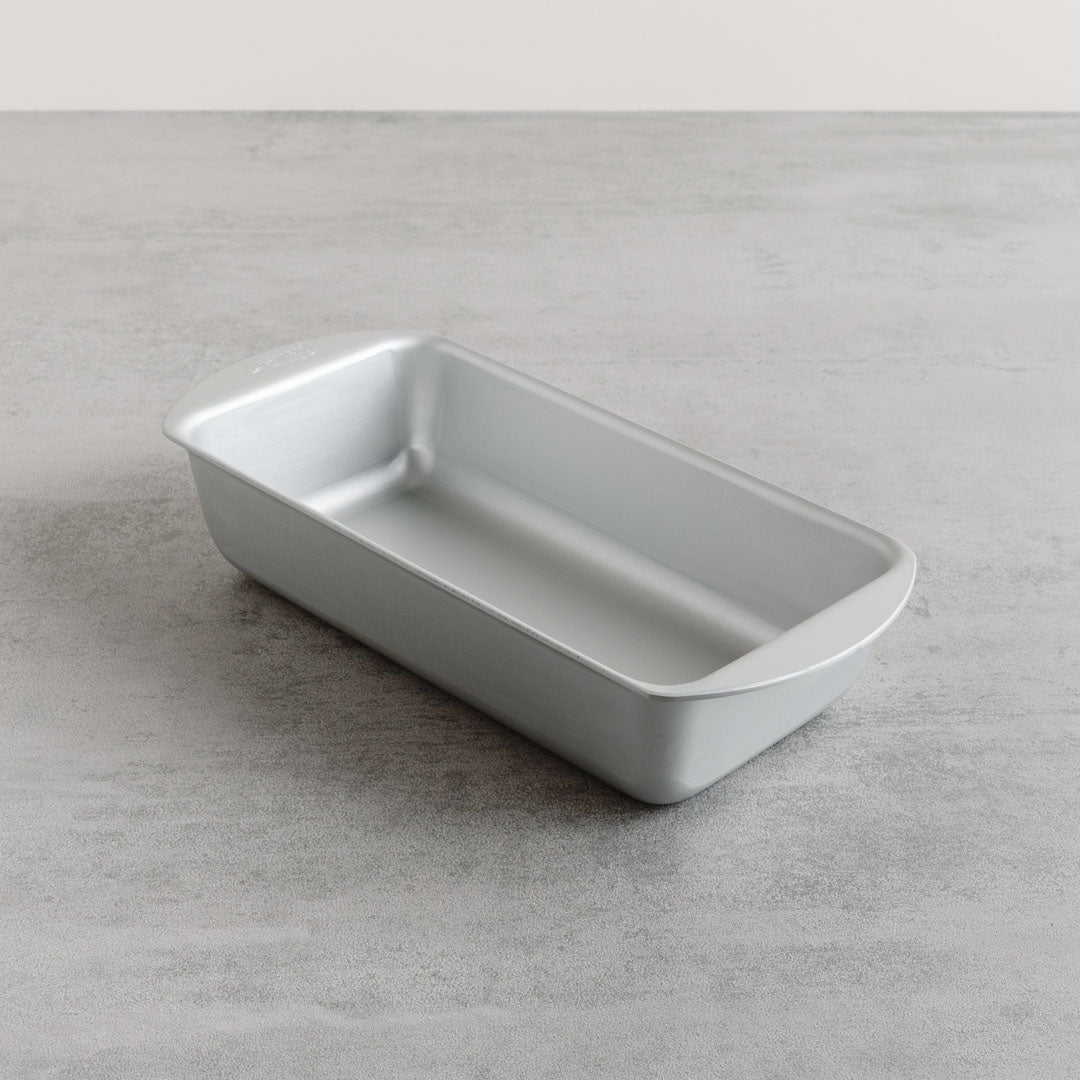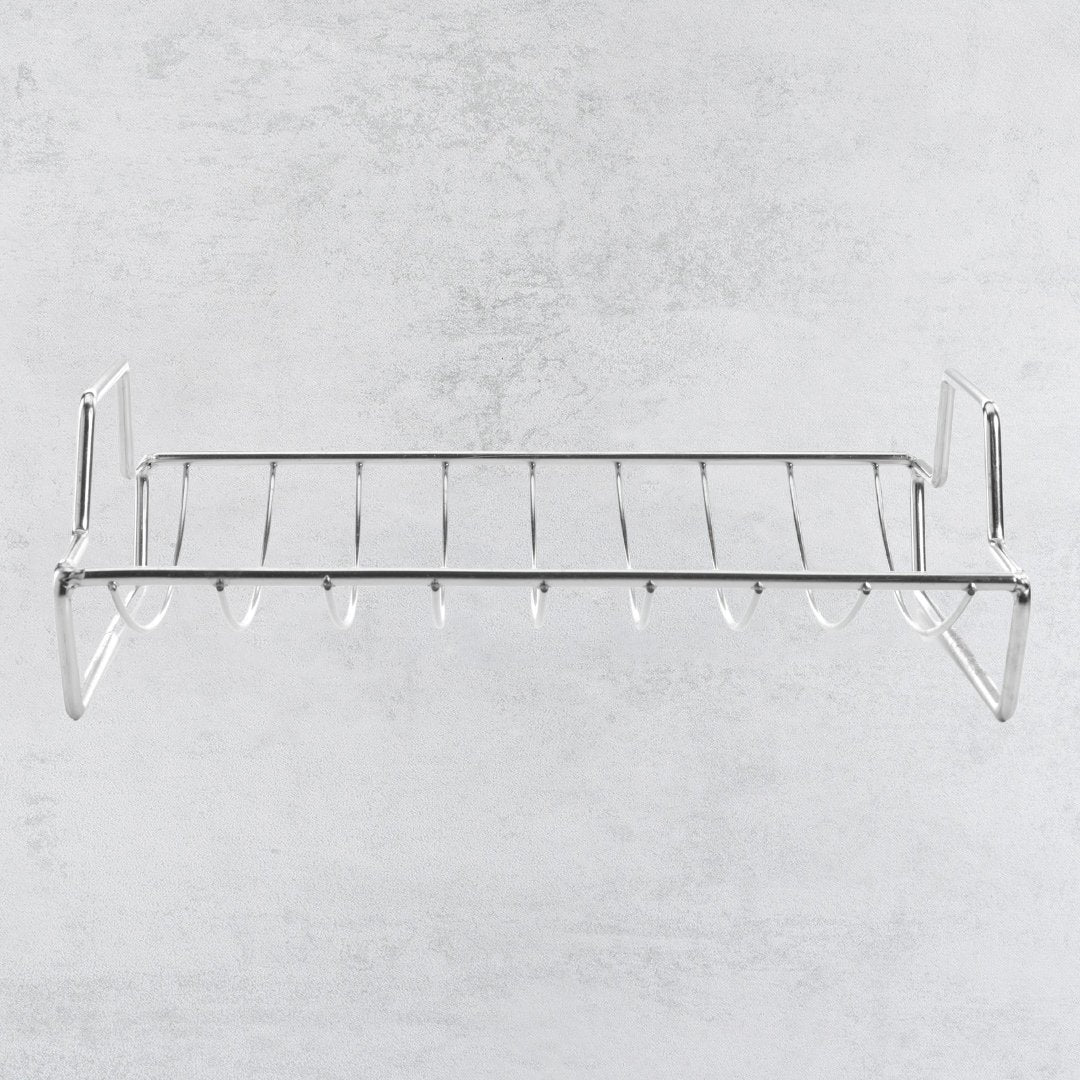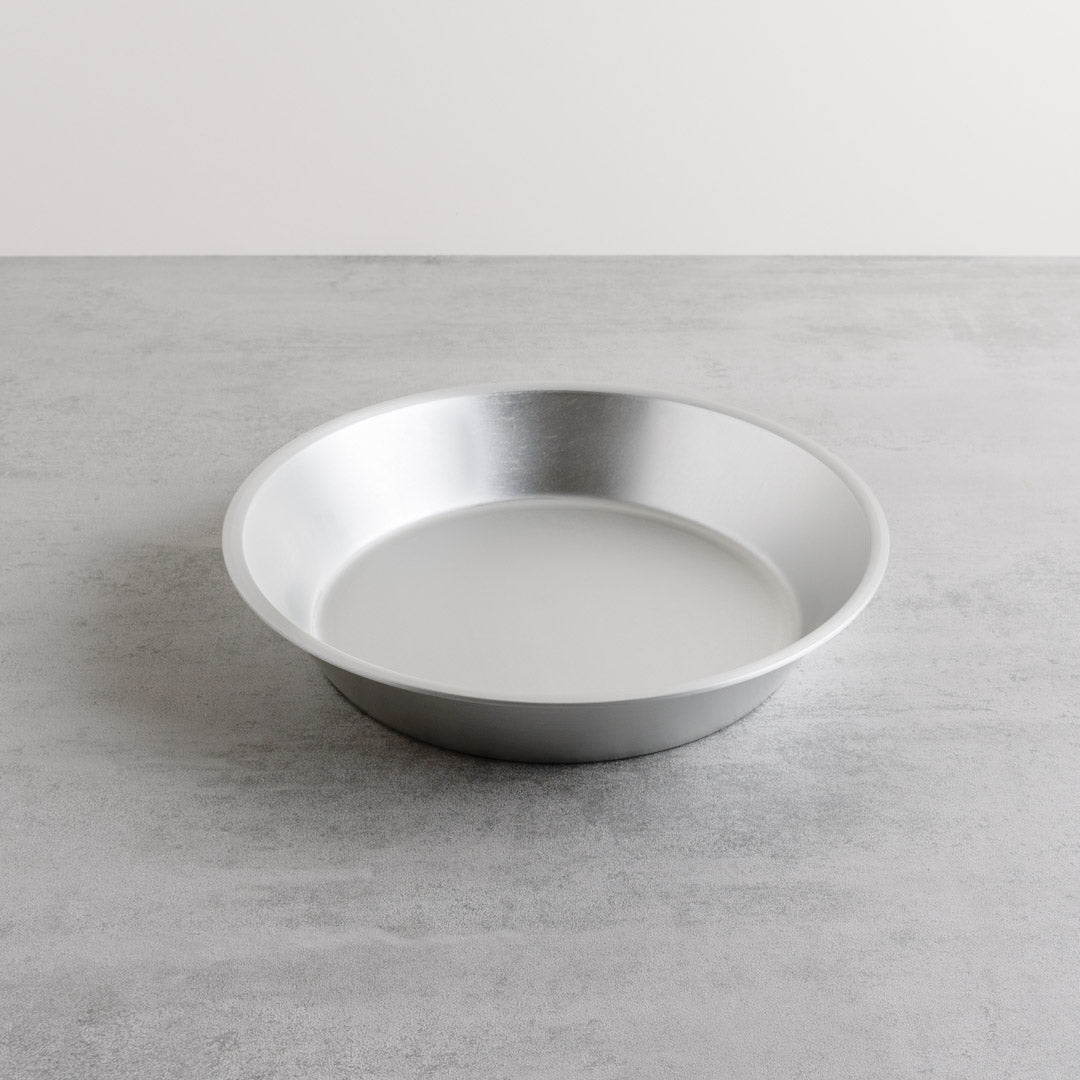Mermaid
Mermaid aluminium bakeware is built to last, and it shows. Made in Birmingham for over a century, these trays and tins deliver even heat, solid handling, and no flaking coatings. The anodised finish won’t peel, crack or wear out like regular non-stick. Just dependable, well-made bakeware made by the trusted team behind our best cookware. A good choice if you bake often and want kit that keeps up.
FAQs about Mermaid Bakeware
Is anodised aluminium bakeware safe for everyday use?
Yes, anodised aluminium bakeware is safe for everyday use. The anodising process creates a hard, sealed surface that’s non-reactive and corrosion-resistant - even with acidic foods like tomatoes. Unlike untreated aluminium, it won’t leach into your food or flake over time. Mermaid bakeware uses hard-anodised aluminium trusted by pros and is oven-safe at high temperatures without warping. It’s a brilliant option if you want bakeware that truly goes the distance.
How should I clean and maintain my Mermaid bakeware?
To keep Mermaid bakeware performing beautifully, hand wash using warm water, mild detergent, and a non-abrasive sponge. Avoid metal scourers which can nick the anodised finish. The surface may darken with age, but that’s purely cosmetic. For more helpful care tips, pop over to our care and repair blog hub - it’s full of faff-free advice.
Can Mermaid trays go in the dishwasher or should they be hand washed?
Mermaid trays can go in the dishwasher, but we recommend hand washing to preserve their anodised surface. Dishwashers use strong detergents that may discolour the finish over time. A quick wash with warm soapy water keeps them looking good and going strong. Built for the long haul, these trays reward a little extra care.
What are the longest-lasting bakeware options available?
The longest-lasting bakeware includes hard-anodised aluminium, carbon steel, and heavy-gauge stainless steel. Mermaid's hard-anodised pieces won’t warp, peel or chip, even with regular use. They distribute heat evenly and have a naturally non-stick surface. Look out for lifetime guarantees or repair-friendly designs for best value. Need help choosing? Visit our bakeware collection or read our research process.
How does aluminium compare to glass or silicone for baking results?
Aluminium bakeware, especially when hard-anodised, typically gives better baking results than glass or silicone. It heats fast and evenly for golden, well-risen bakes. Glass can over-brown and silicone often underwhelms, producing pale or uneven results. For consistently good outcomes and long life, aluminium remains a top-tier choice - no soggy bottoms here.
Does Mermaid bakeware need greasing before use?
Yes, it’s best to lightly grease Mermaid bakeware before use. The anodised surface is naturally non-stick-ish but not coated, so a light layer of oil or butter helps with easy release. For stickier bakes, baking paper gives extra reassurance. A bit of prep makes clean-up quicker too - win-win.
Where is Mermaid bakeware made and how is it sourced?
Mermaid bakeware is made in the UK from responsibly sourced aluminium. Every piece is designed for strength, performance, and long life. Supporting British manufacturing means backing quality and lowering transport emissions. Mermaid’s been a staple in UK kitchens for generations - for good reason.

